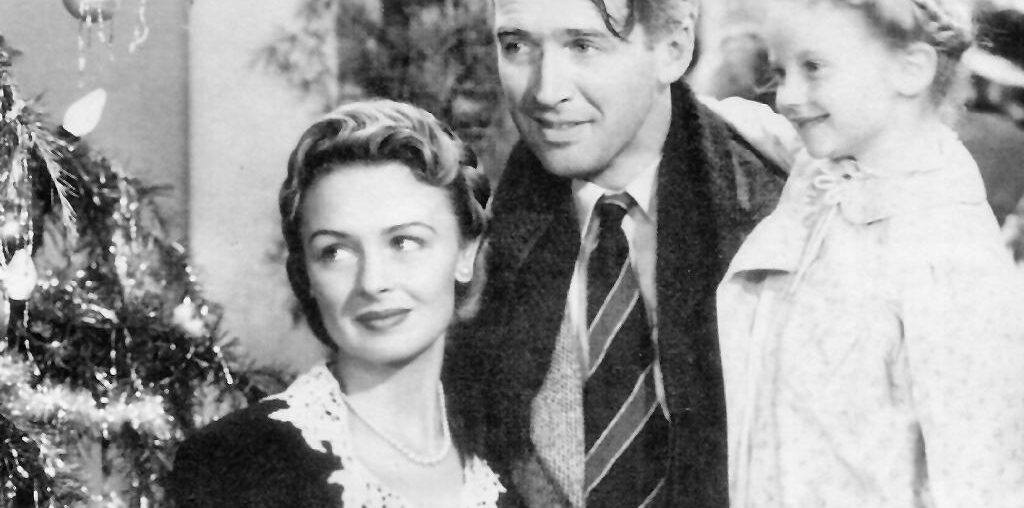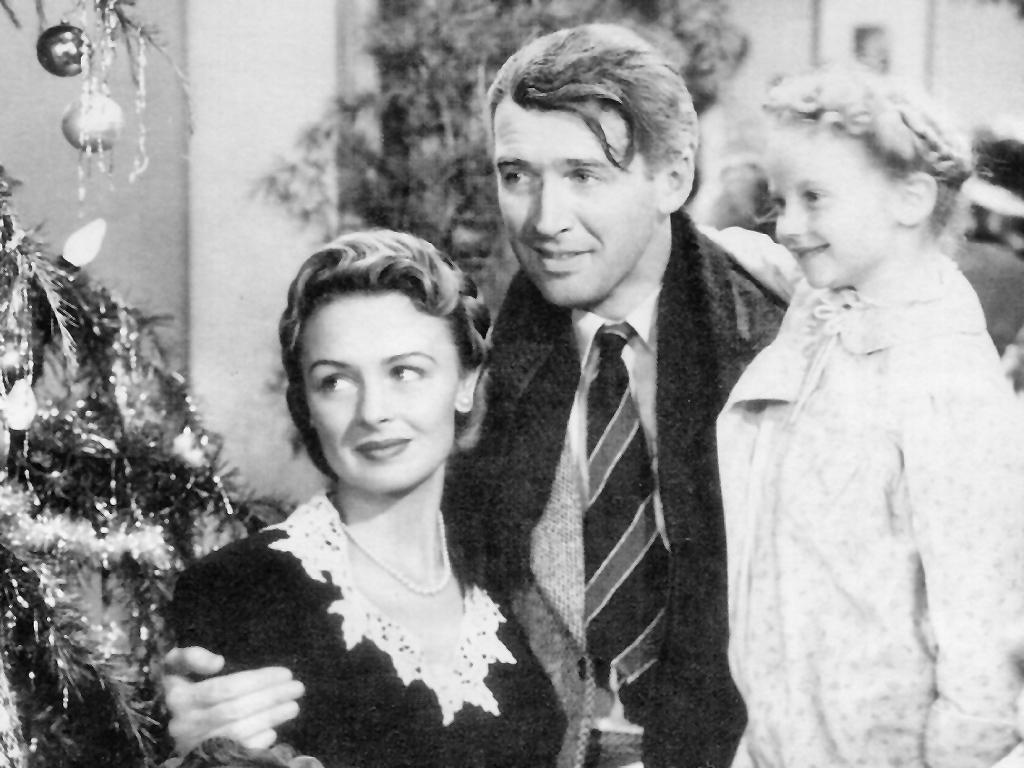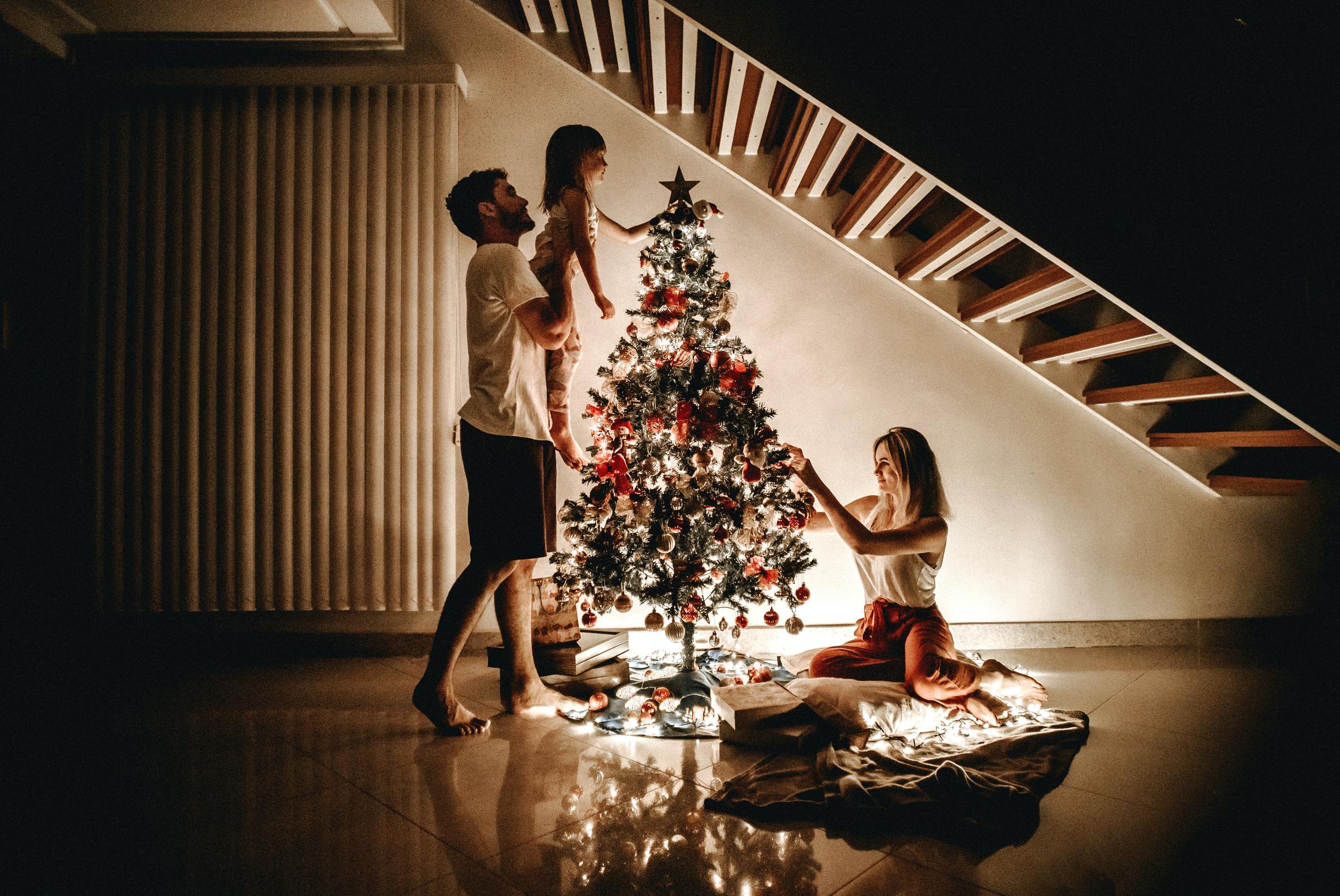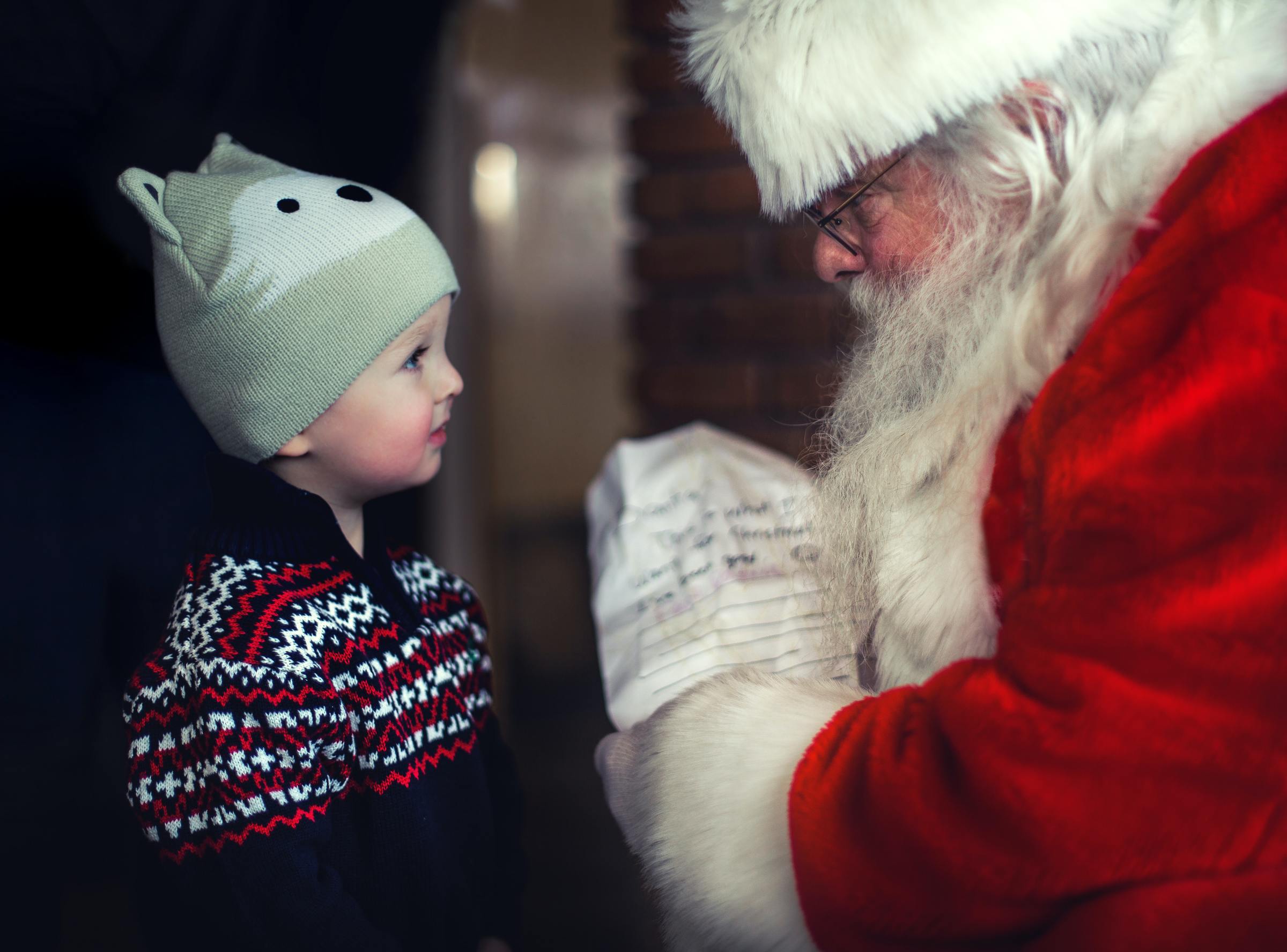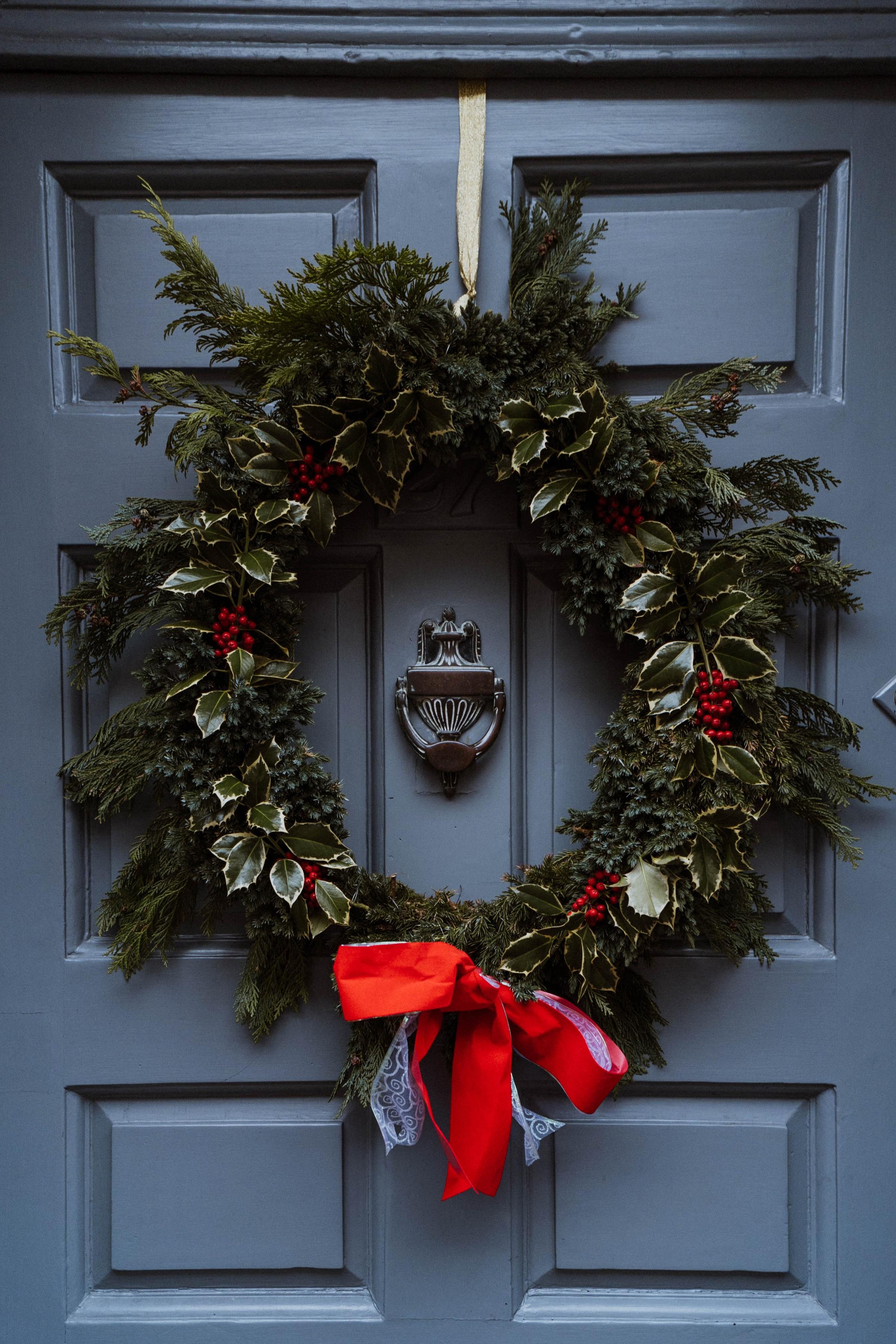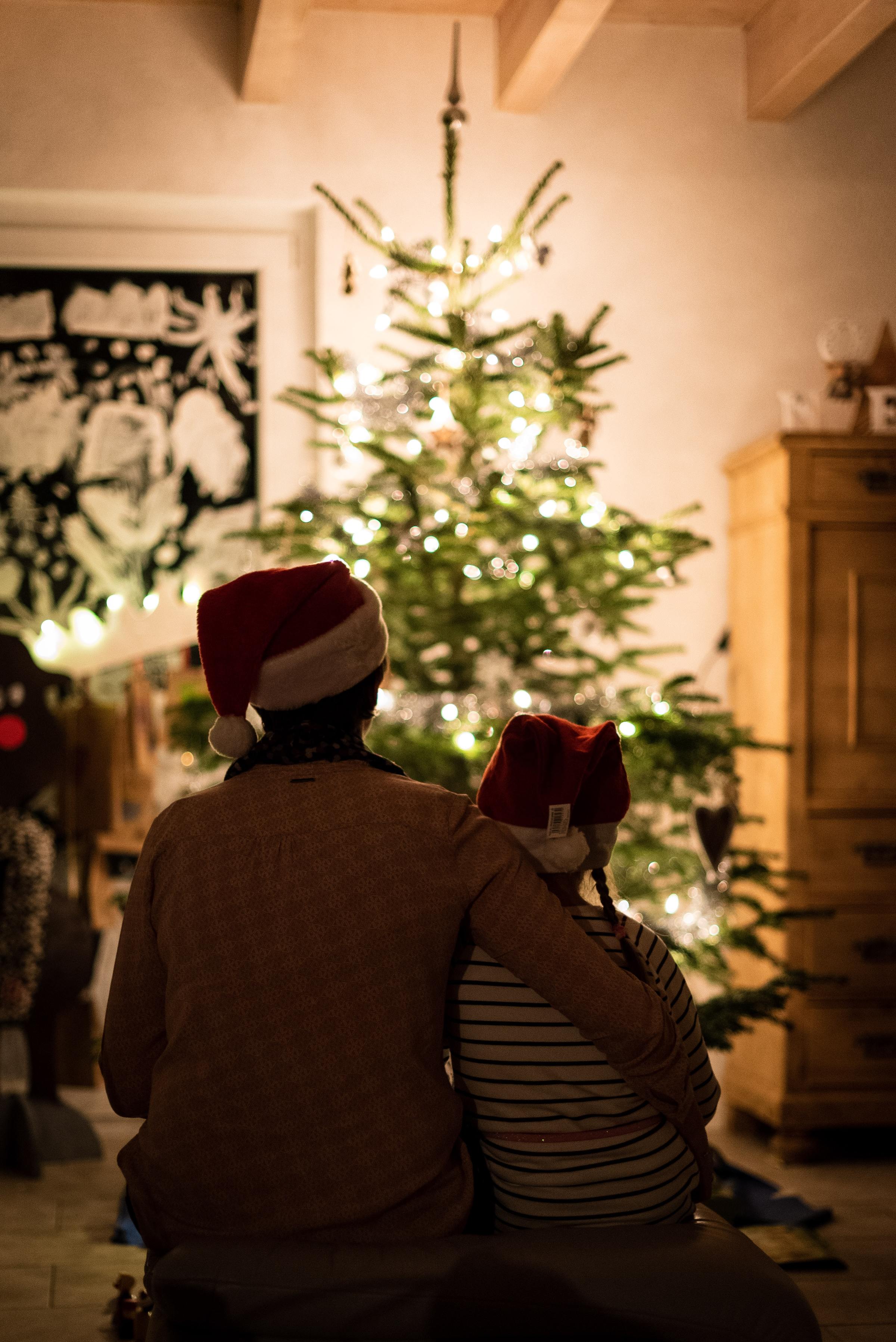
If ever there was a year that turned our planet upside is has been this one. Last year we all began 2020 with such hope. A new decade and such expectation that was to come crashing down three short months later. Now we are all counting down the days until 2020 is behind us. As someone who tries to find the silver lining in everything when I look back at 2020 I smile thinking of the amazing humans we met this year. Each of these people gives selflessly to make our world better. I thought today we would look back at some of the remarkable conversations of 2020. And a few highlights.
The Kindness Campaign: Andra Liemandt

We began 2020 by talking to the founder of the Kindness Campaign to learn about their mission to serve the socio-emotional needs of children. This year their work was more important than ever. You can revisit the full conversation, here.
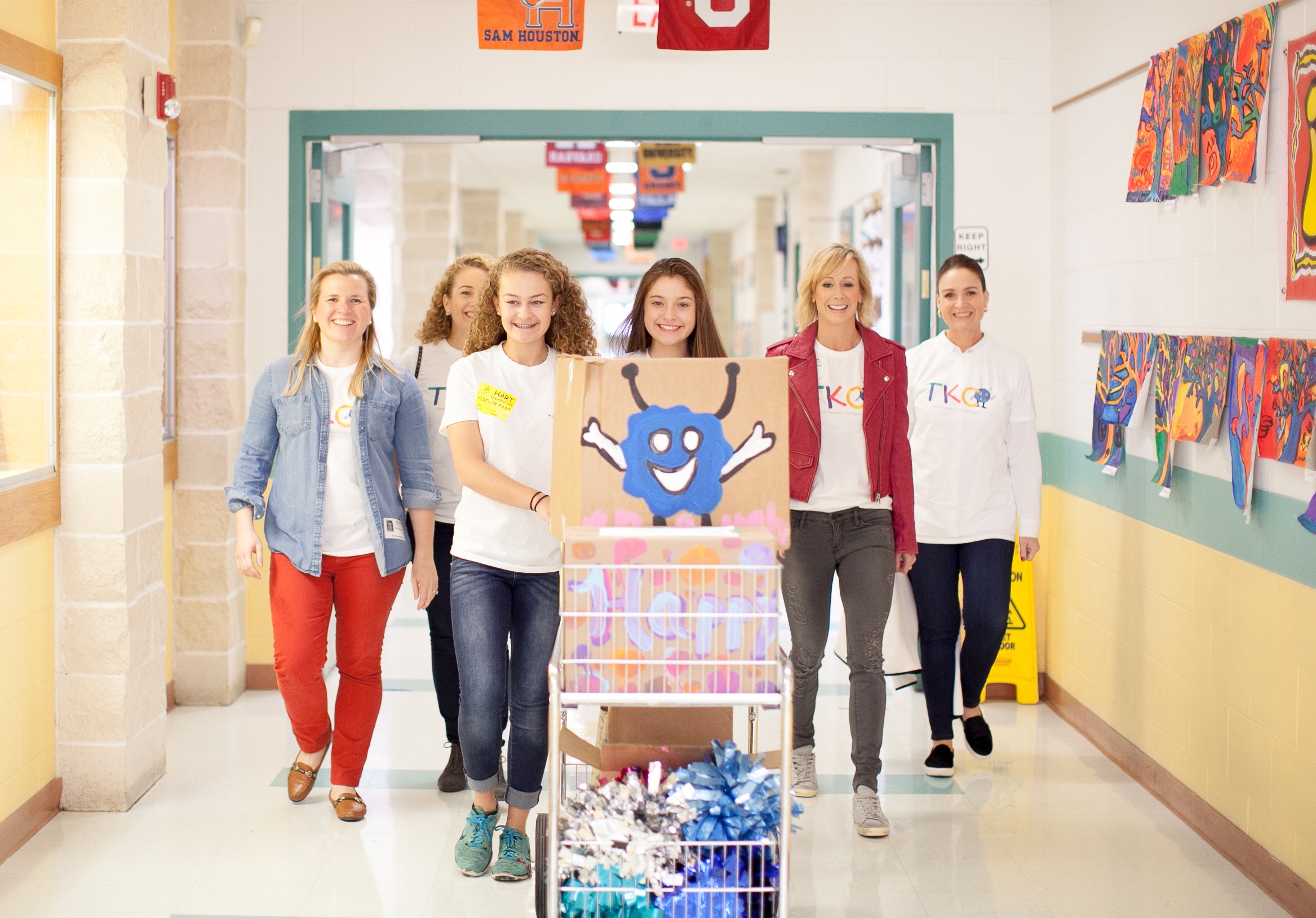
CHARITY MATTERS: WHAT WAS THE MOMENT YOU KNEW YOU NEEDED TO ACT AND START THE KINDNESS CAMPAIGN?
Andra Liemandt: Suicide is the second leading cause of death among teens. Several years ago this touched my life in a very powerful and profound way when a dear friend of ours took her own life and she was just 12 years old and it was a direct result of bullying. There was no path for me to start a nonprofit or any inkling that I would be sitting here five years later talking to you about this. That event changed my life forever and was the catalyst for an ongoing healing process with my daughters.
Homelessness:
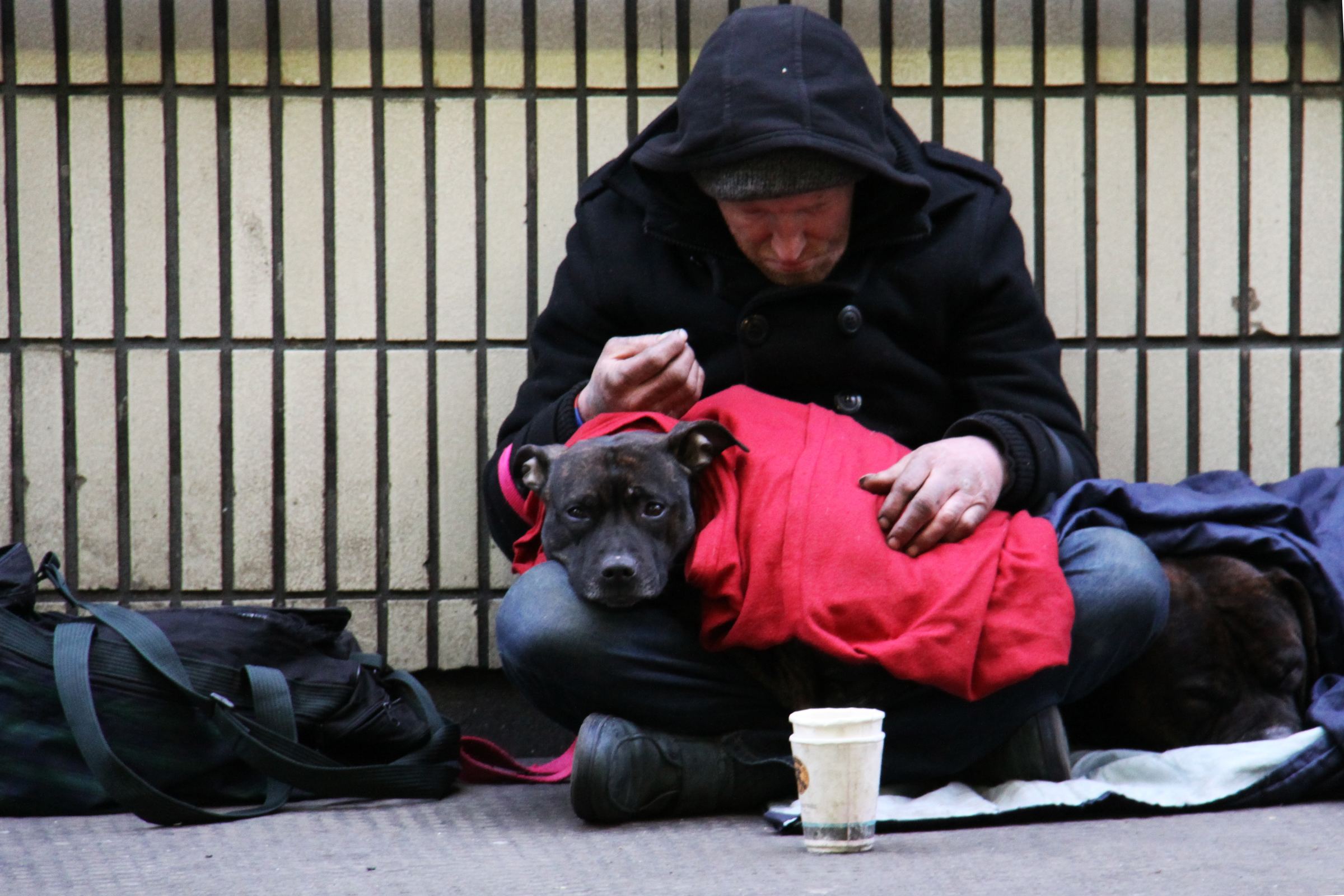
There are so many incredible organizations trying to help the homeless. This year we met more than a few. These two women especially stand out for their incredible compassion and dedication to serving the homeless. Heather Carmichael has been working with homeless youth for almost two decades at My Friends Place and Caitlin Adler works to ensure that the homeless have proper clothing through her nonprofit Project Ropa.
My Friends Place: Heather CArmichael
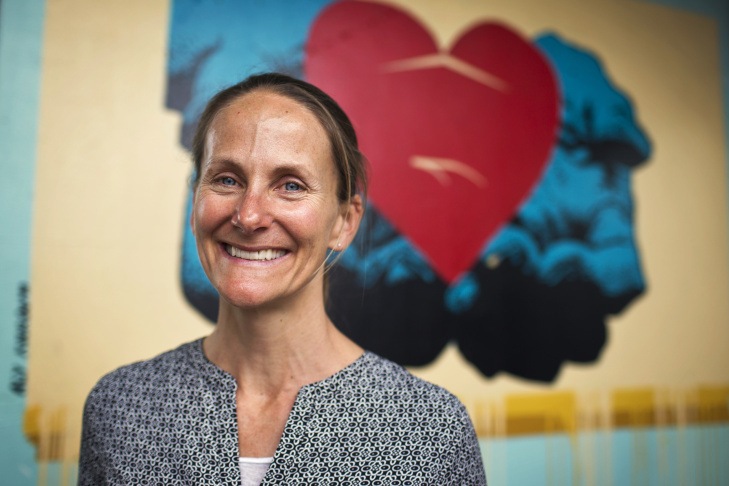
Charity Matters: What are your biggest challenges?
Heather Carmichael: There are so many. The landscape around addressing homelessness is under such dynamic change. For years, no one spoke about homelessness and now we have an epidemic crisis. Communities are overwhelmed and LA is in such pain about this. How do we continue to engage communities in meaningful ways so that we maintain momentum towards a solution?
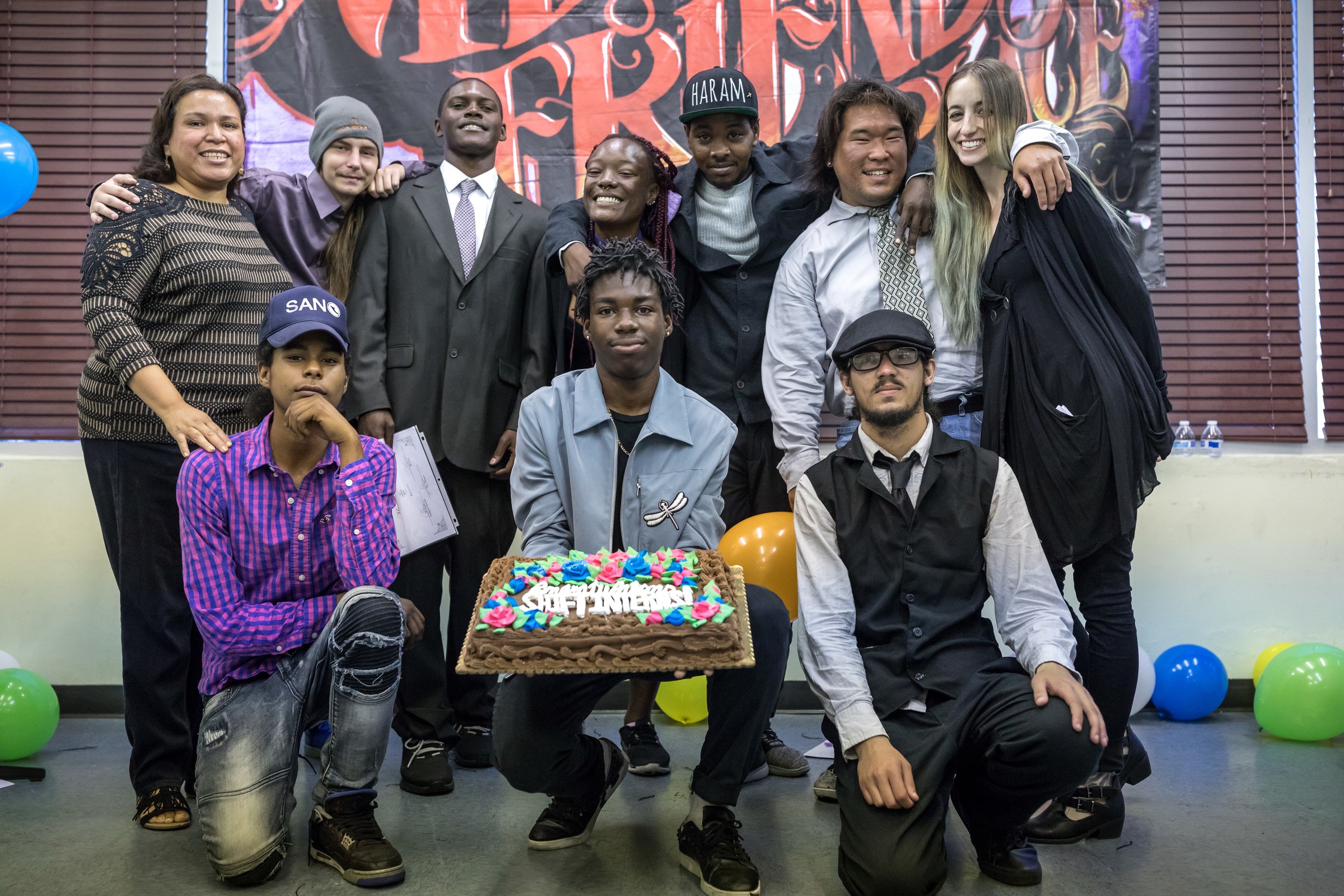
I feel very grateful to be doing the work at My Friend’s Place, where our main priority is to resolve these young people’s homelessness while continuing to create meaningful opportunities to see the impact and to feel involved. How do we scale to that in a meaningful way? A multitude of things got us here and it will take a multitude of things to fix this. We need to create meaningful opportunities to get our community and supporters involved in understanding and being a part of the solution.
Project Ropa: Caitlin Adler
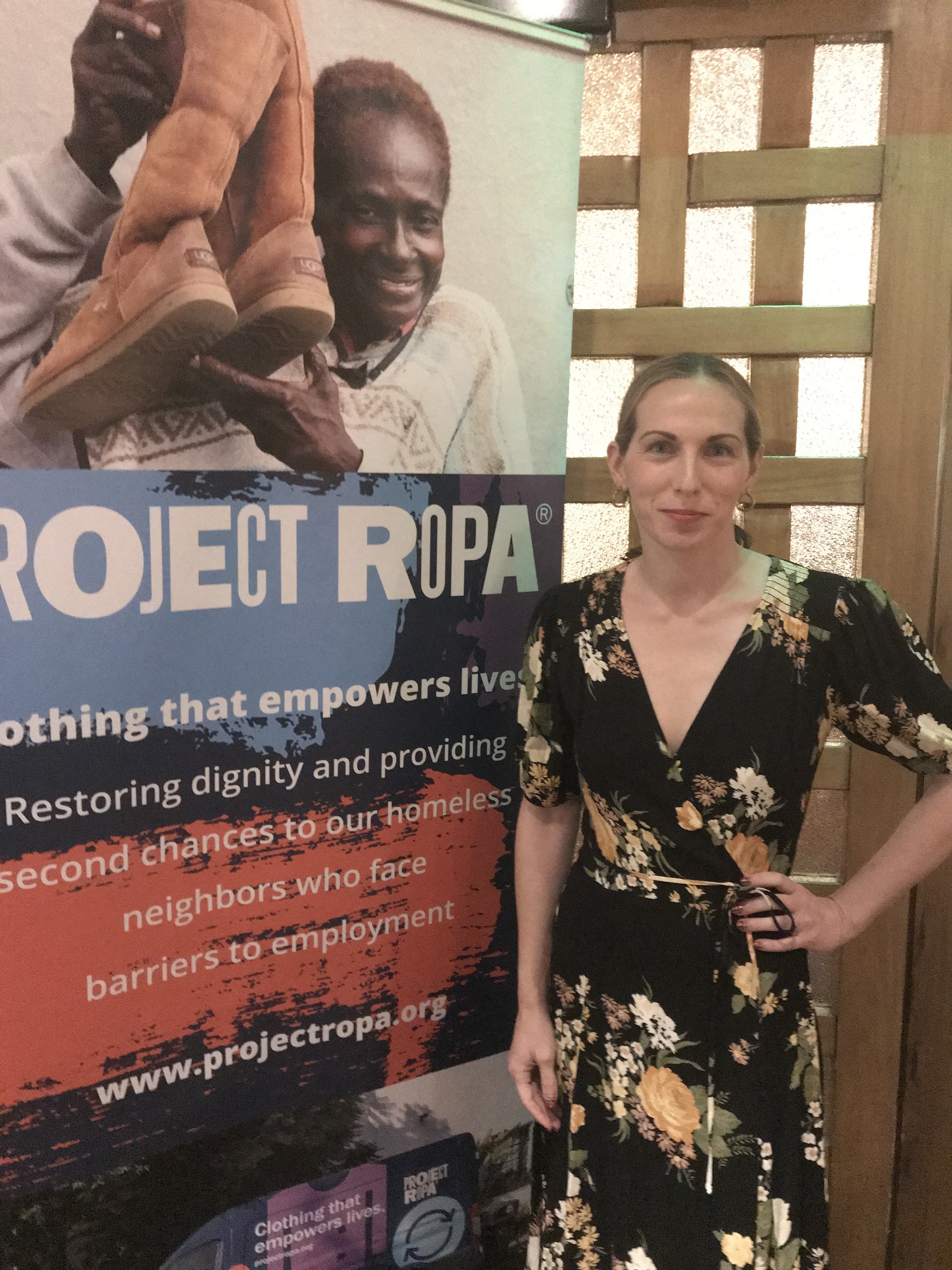
Caitlin Adler created Project Ropa in 2015 to address the challenges that homeless people face in obtaining and keeping clean clothes. Though homelessness is accompanied by many things, one of its greatest indignities comes from the absence of hygiene services.
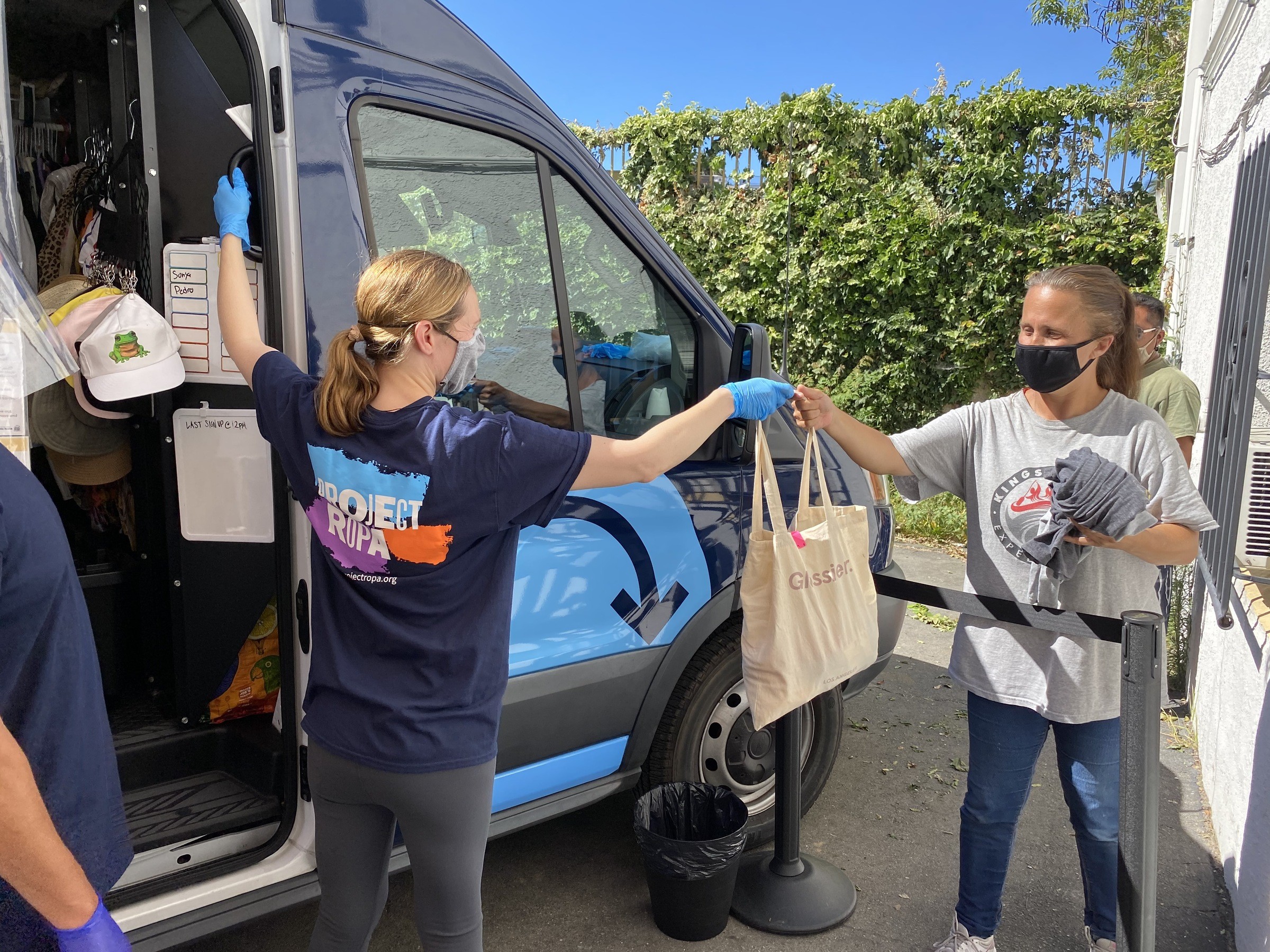
Charity Matters: Tell us a little about what Project Ropa does?
Caitlin Adler: Most homeless people literally have only the clothes on their backs. Access to clean clothing is essential to the overall well-being of a person and can be the key to opening doors to employment and housing. How you look affects how you feel about yourself and how others treat you. Now, because of the health threats posed by the coronavirus, the need to overcome those challenges has become ever greater.
Health:
Claire Marie Foundation: Marianne Banister
When former LA reporter Marianne Banister lost her 17-year-old daughter, Claire to melanoma. She and her husband went to work to get the word out about this cancer and created the Claire Marie Foundation.
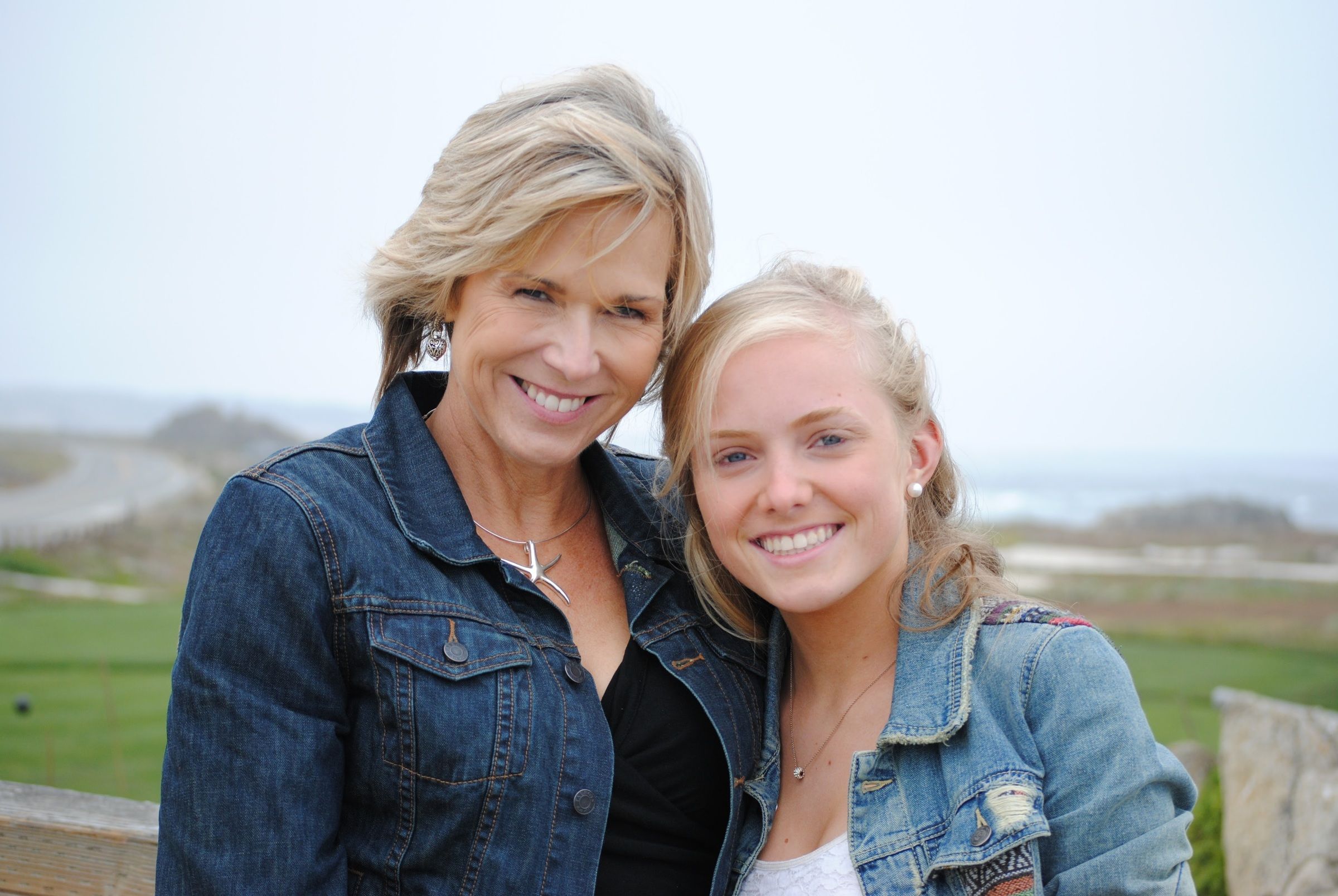
Charity Matters: Tell us a little about what THE Claire Marie Foundation does?
Marianne Banister Wagonhurst: When this happened to our family, to our daughter, Claire, we were blindsided. And because even the medical profession did not realize kids could get melanoma at this age. It looked different than adult melanoma and it was more aggressive and more invasive. according to pediatricians. Melanoma is the number two, cancer in adolescence from 10 to 19 and the number one cancer in young adults from 20 to 29. This cancer is the number one cause of cancer death and young women 25 to 30. In young people, this disease is more aggressive and invasive than in older people.
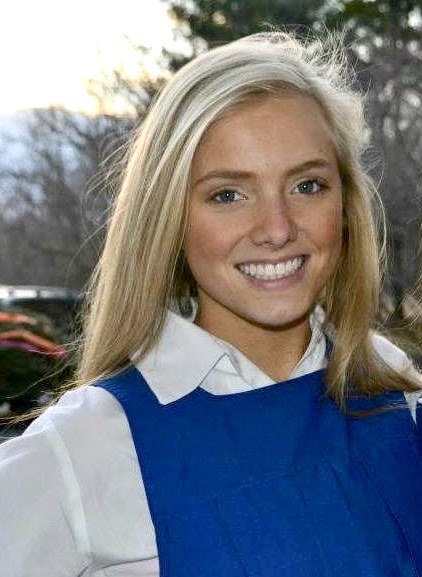
Charity Matters: What fuels you to keep doing this work?
Marianne Banister Wagonhurst: Claire. There’s never anything that’s going to make it right that we lost her. There’s never any sense to it. But I truly believe this is her purpose. And if I don’t keep this foundation going and do the work that needs to be done, and I’m not fulfilling her purpose, and we would have lost her for no reason.
Brave Gowns: Summer Germann
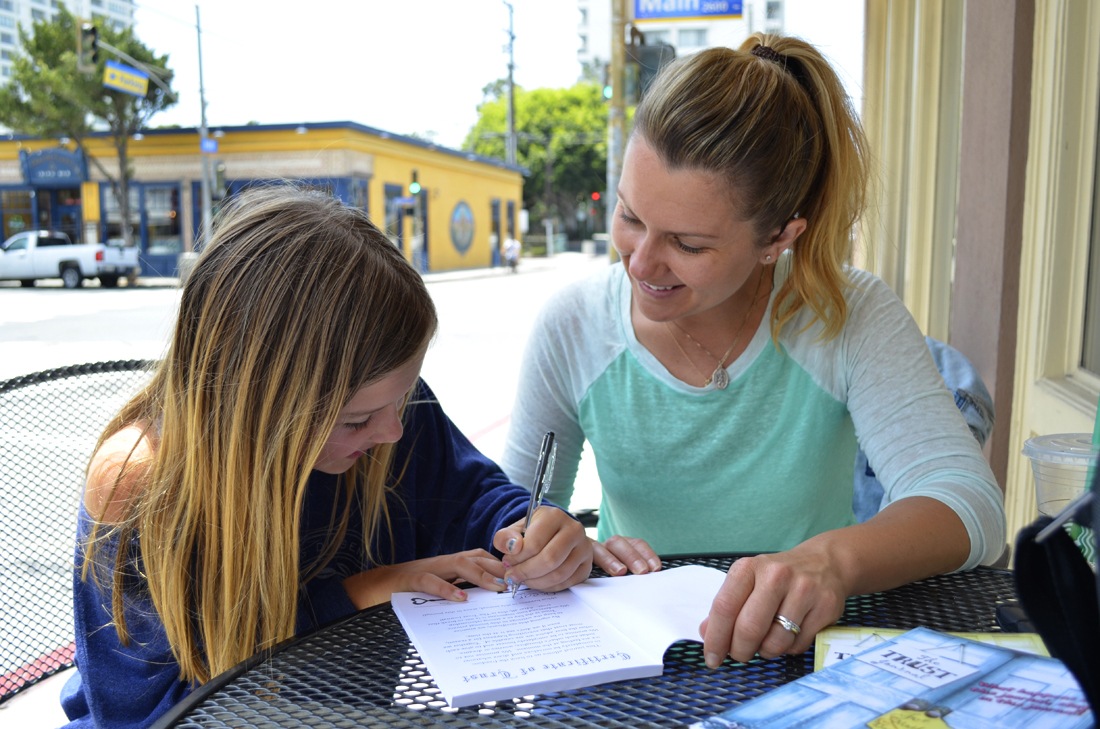
Summer Germann is no stranger to hospitals, illness, tragedy, or adversity. What is remarkable about Summer is that she uses all of this adversity, including COVID, as fuel for good. She is a bright light who started a nonprofit Brave Gowns and when COVID hit she reached out to her team to begin manufacturing PPE (personal protective gear) in the form of masks for thousands of health care workers across the country. A modern-day hero.
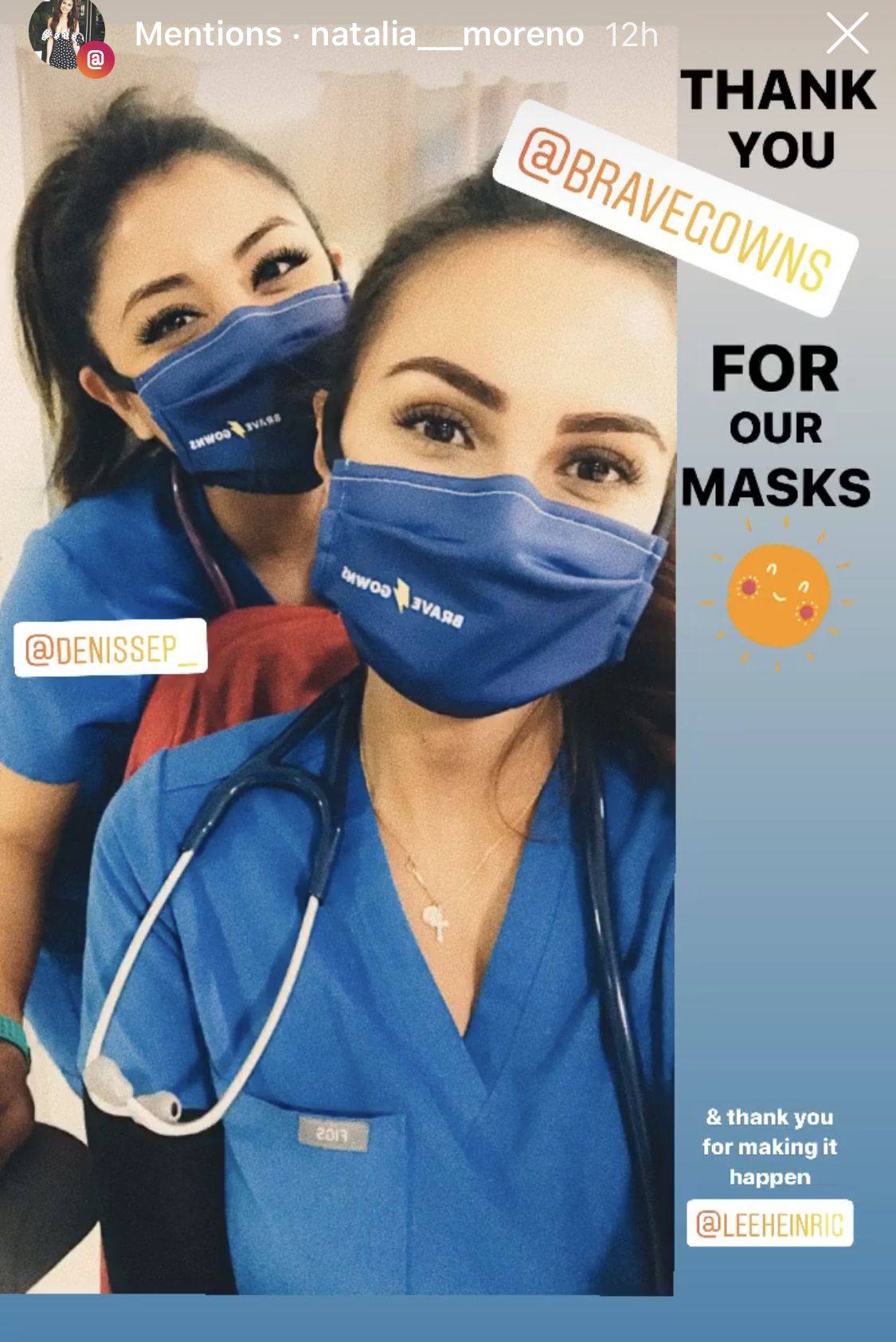
Charity Matters: How did you decide to get into the PPE (Personal Protection Equipment) for COVID?
Summer Germann: Friday, March 13th I called my designer and I knew we had to figure out a way to help. We had talked about making masks and families have asked us for years. I knew we could make them fun. I called my factory and told them what I wanted to do and they had already started a prototype three weeks before. I said you have to give me a product that I believe in and this isn’t about money. They sent over the prototype and I said, “Okay, I just launched.” By Monday we had 11,000 orders.
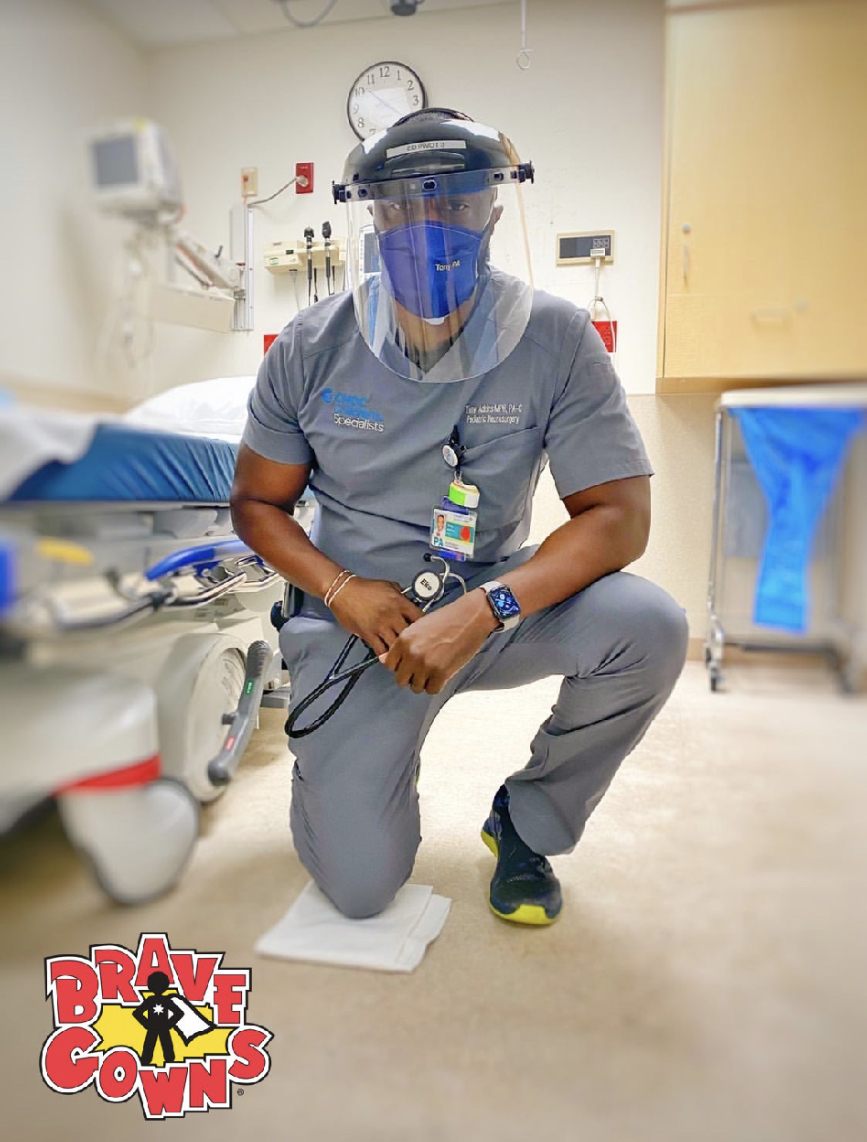
Scarlet C of COVID
I hate to end this year with this story but COVID was the defining story of 2020. This article was reprinted by a number of magazines and publications and had more views than any piece I wrote in 2020 so it was worth an honorable mention on the list.
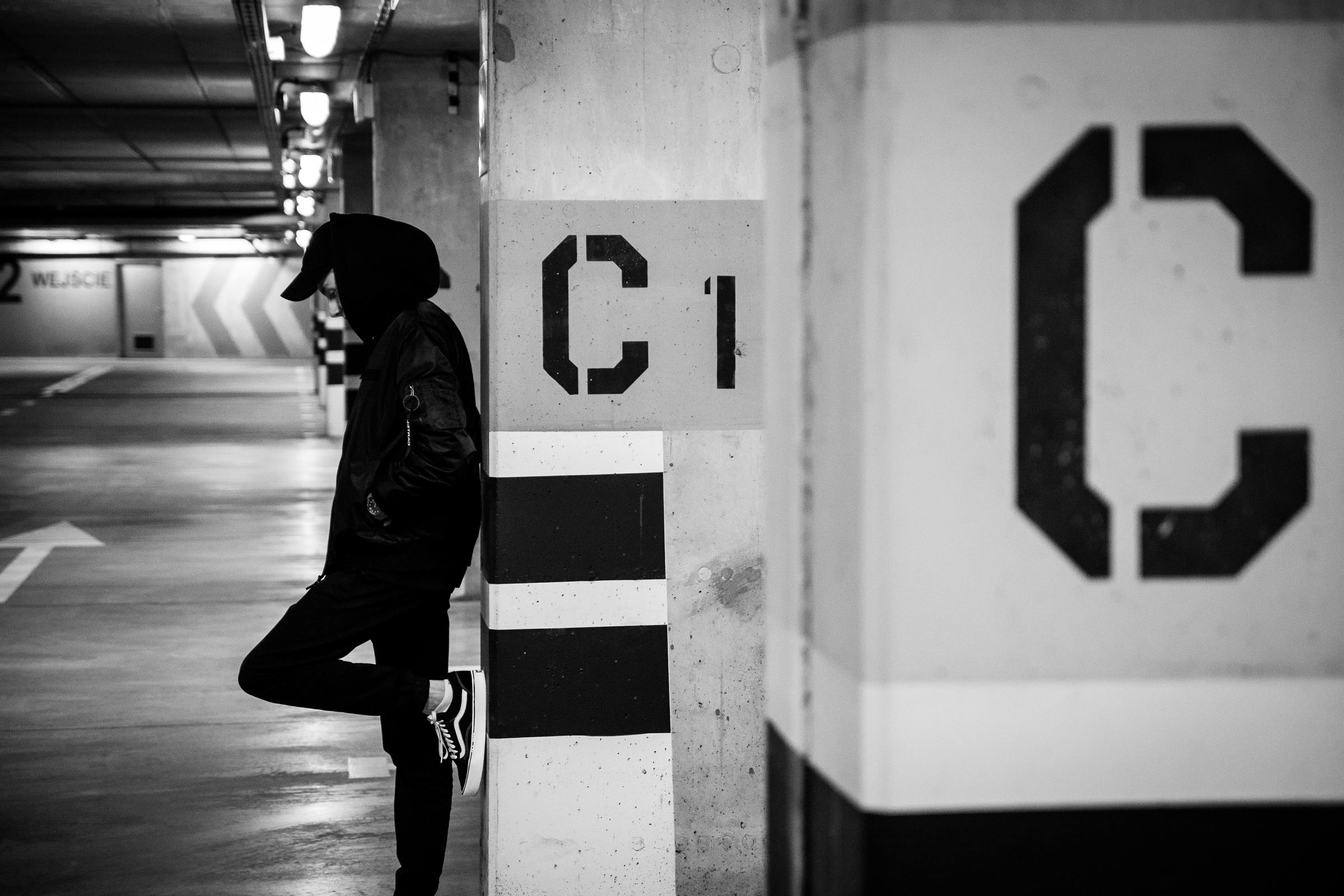 While I didn’t interview any specific health care workers but rather organizations that support them, it is worth mentioning that our front line workers were THE true superheroes of 2020.
While I didn’t interview any specific health care workers but rather organizations that support them, it is worth mentioning that our front line workers were THE true superheroes of 2020.
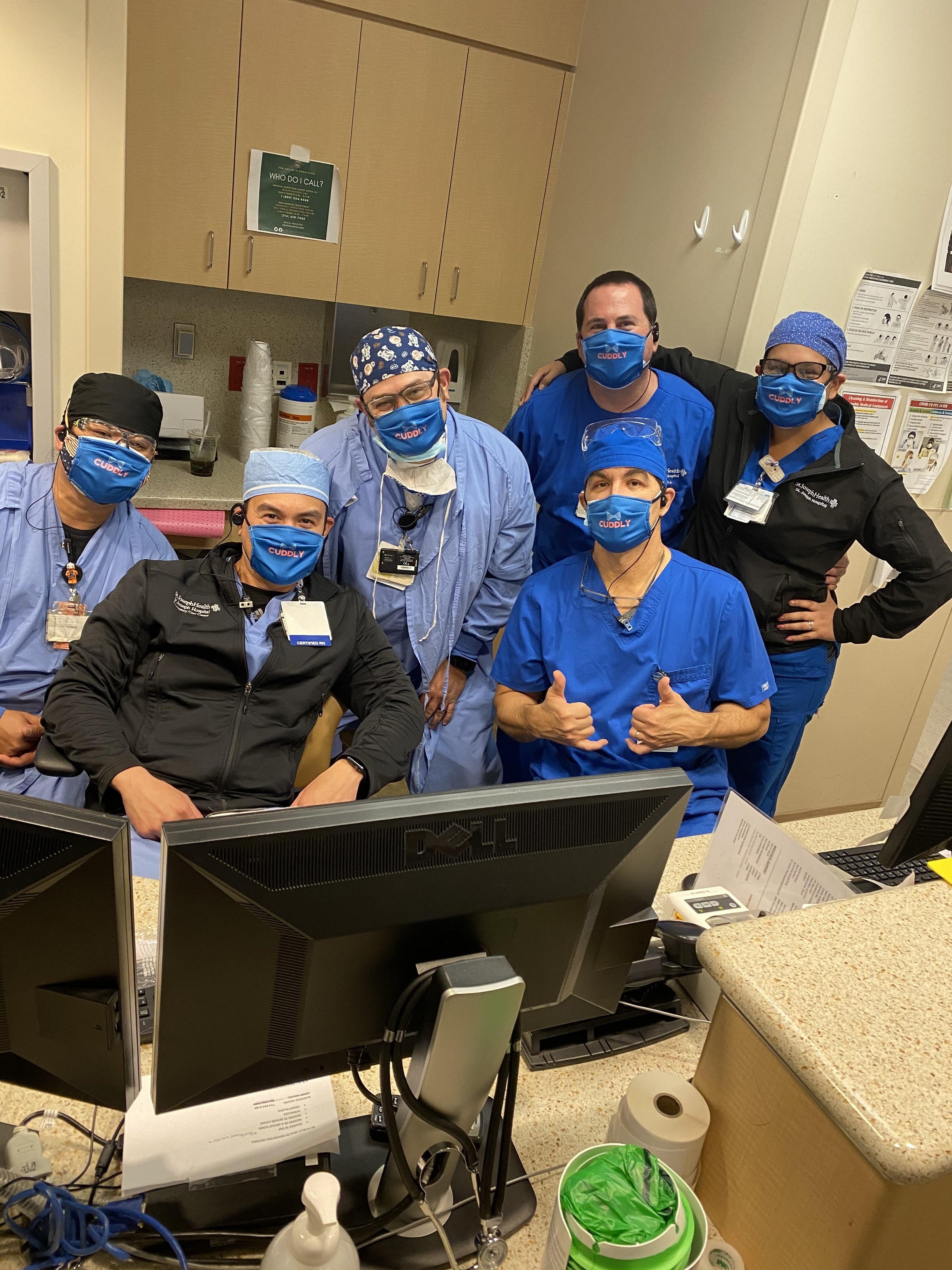
There are so many remarkable humans on this planet and these are just a few. As 2020 comes to a close and we look to a New Year ahead I think there are so many qualities to emulate that each of these heroes possesses. Tony Robbins sums up these heroes perfectly when he said, “The people who are most alive, driven and fulfilled are those that seek to lead a life of contribution and service. To something greater than themselves.” Thank you, Andra, Heather, Caitlin, Marianne, and Summer for showing us by example what true service and living a life of contribution looks like. At the end of the day isn’t that what we are all striving for?
Wishing all of you blessings for a most joyous and Happy New Year!
CHARITY MATTERS
YOUR REFERRAL IS THE GREATEST COMPLIMENT, IF YOU ARE SO MOVED OR INSPIRED, WE WOULD LOVE YOU TO SHARE AND INSPIRE ANOTHER.
Copyright © 2020 Charity Matters. This article may not be reproduced without explicit written permission; if you are not reading this in your newsreader, the site you are viewing is illegally infringing our copyright. We would be grateful if you contact us.
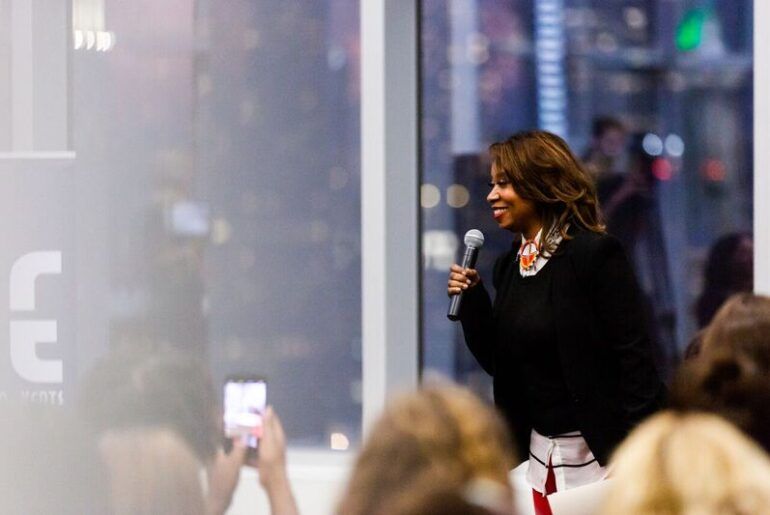



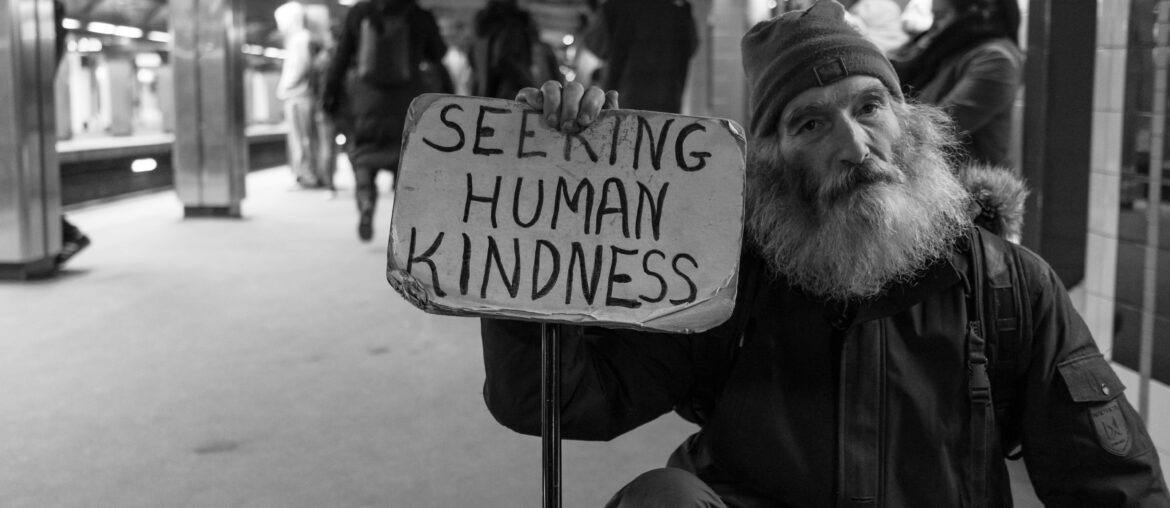

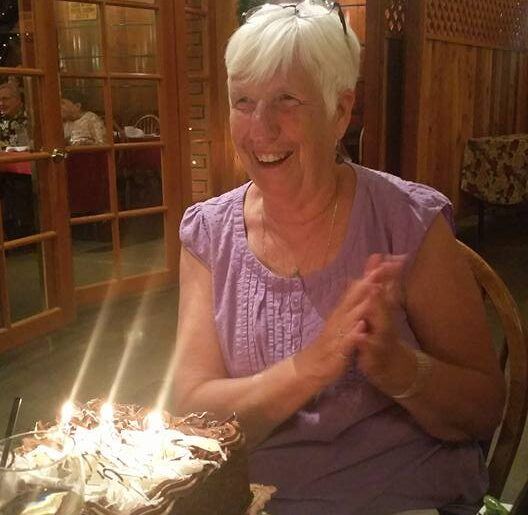
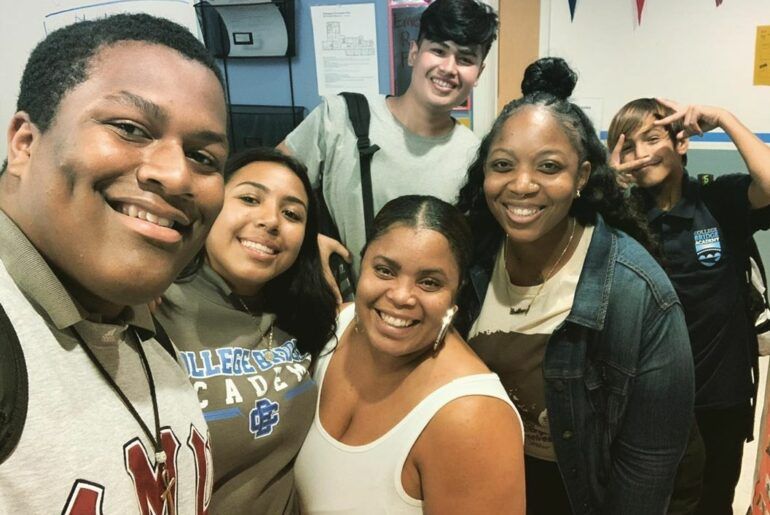
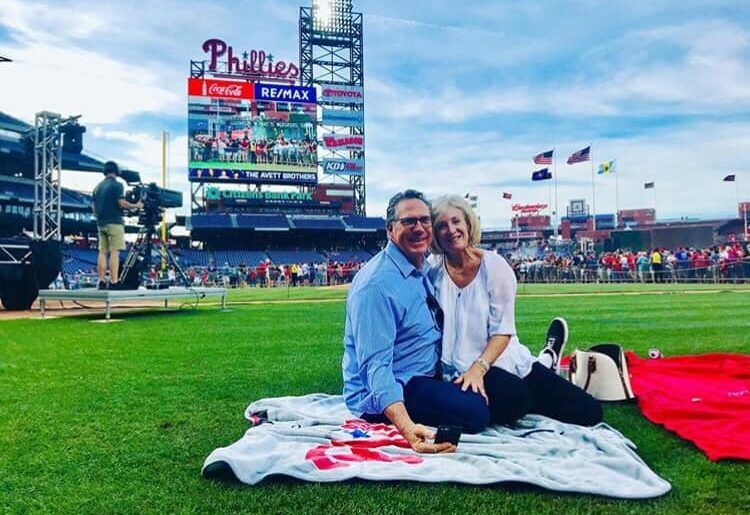
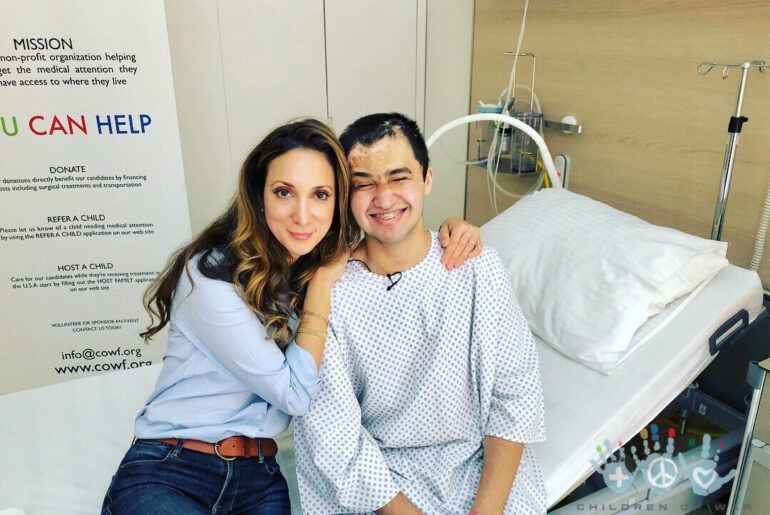
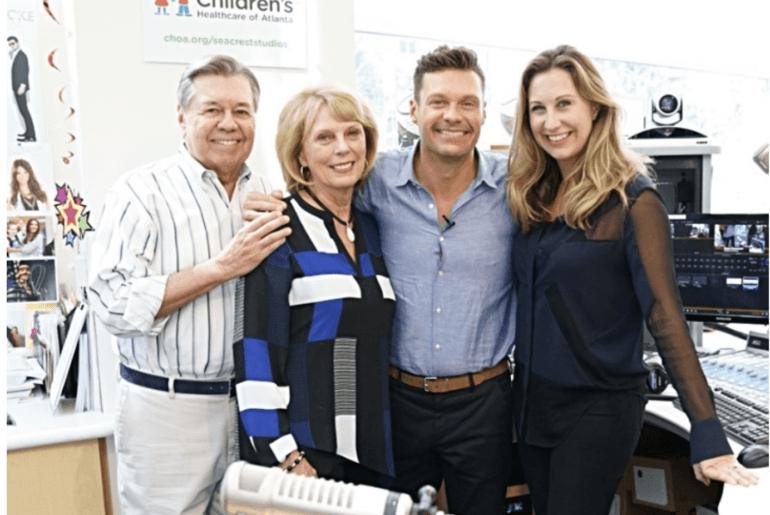
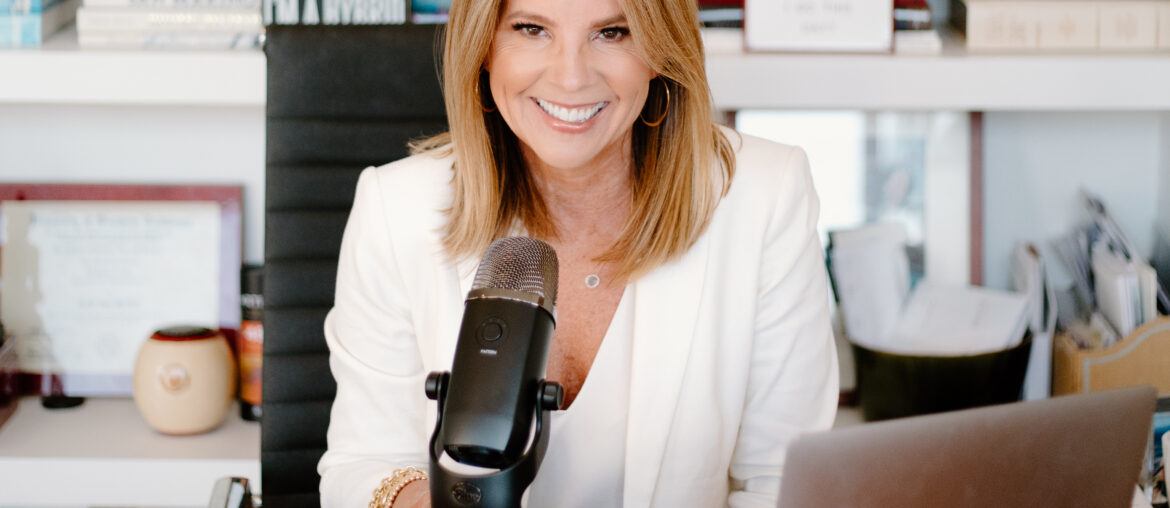
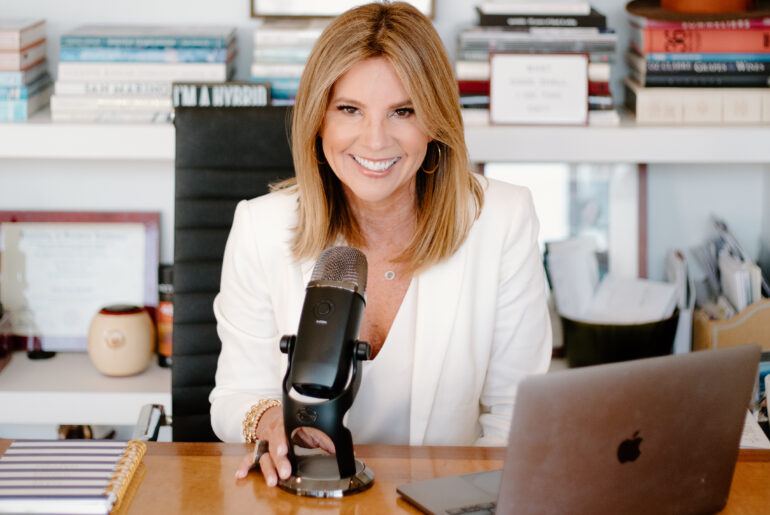
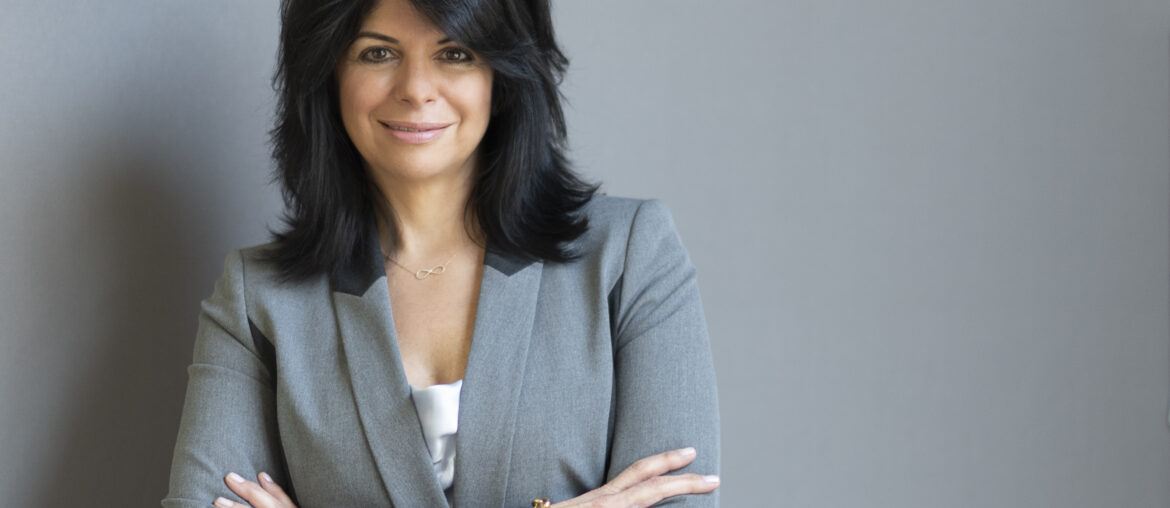
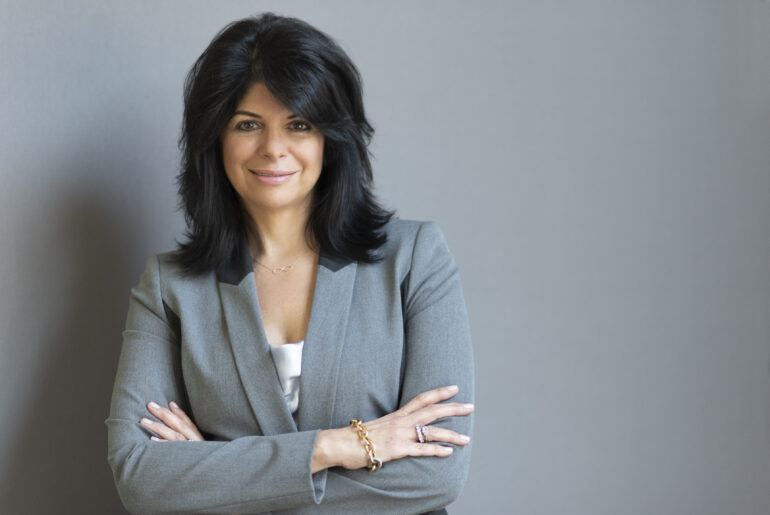
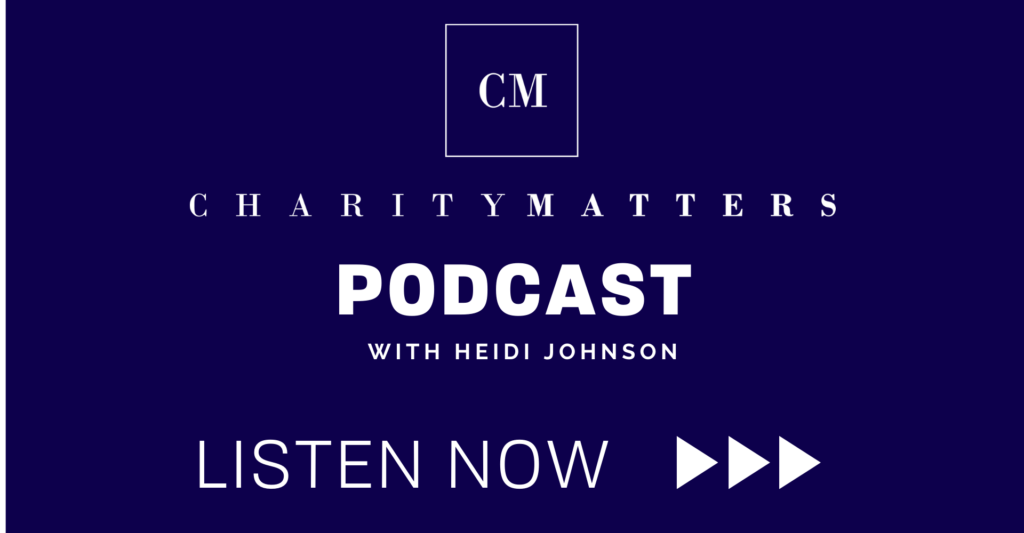
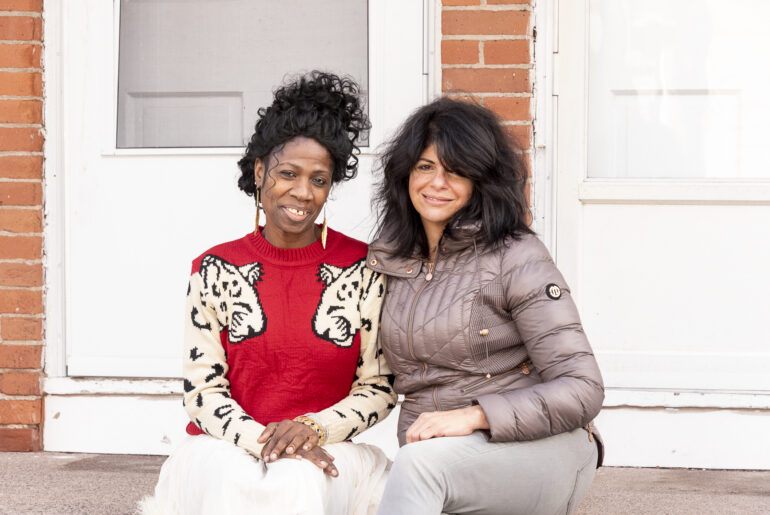
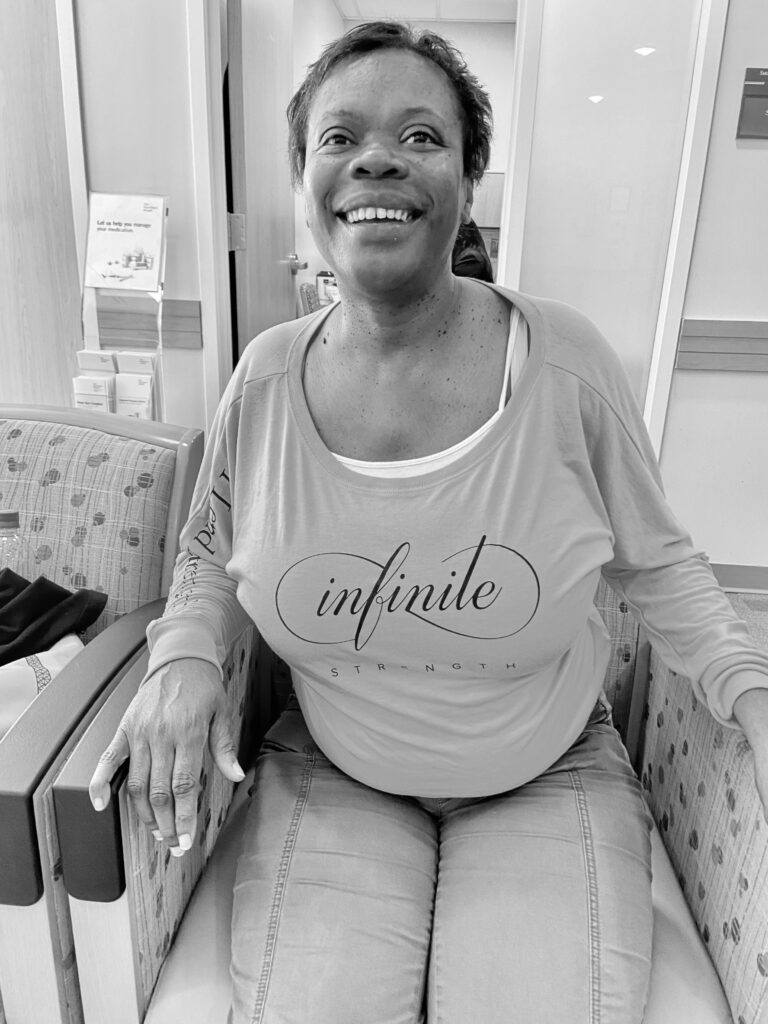
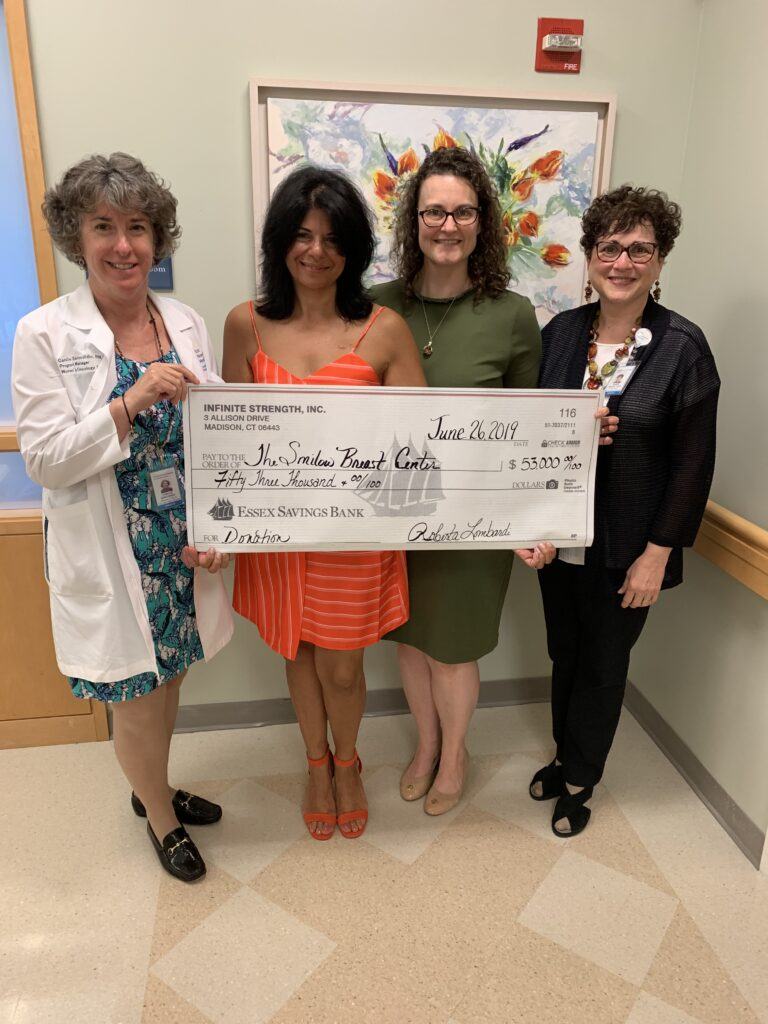
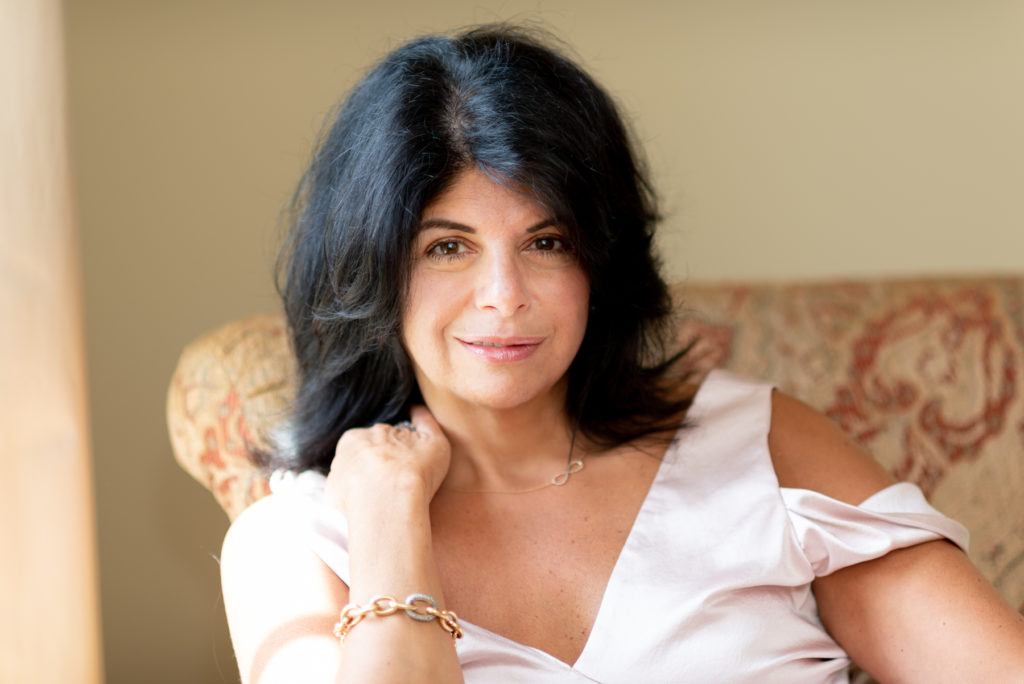
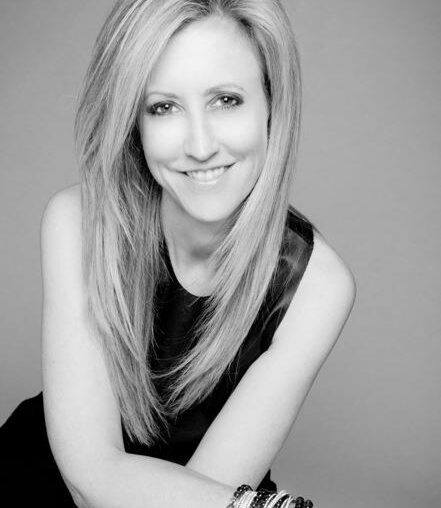
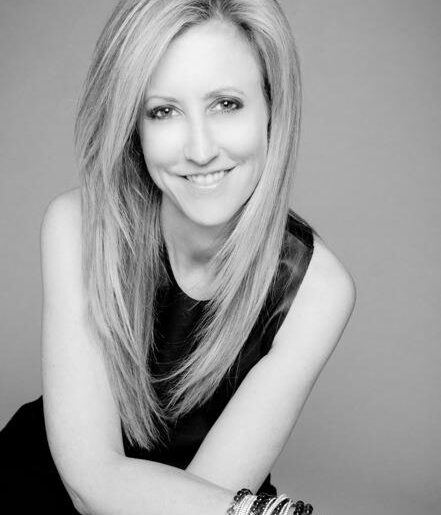
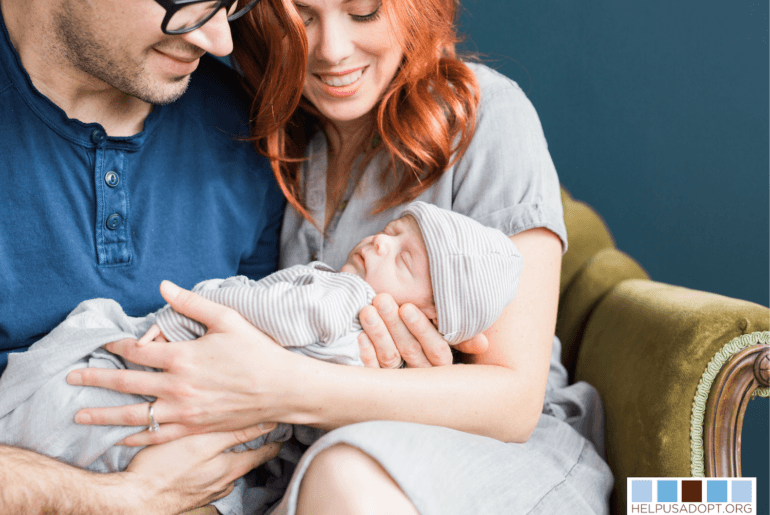
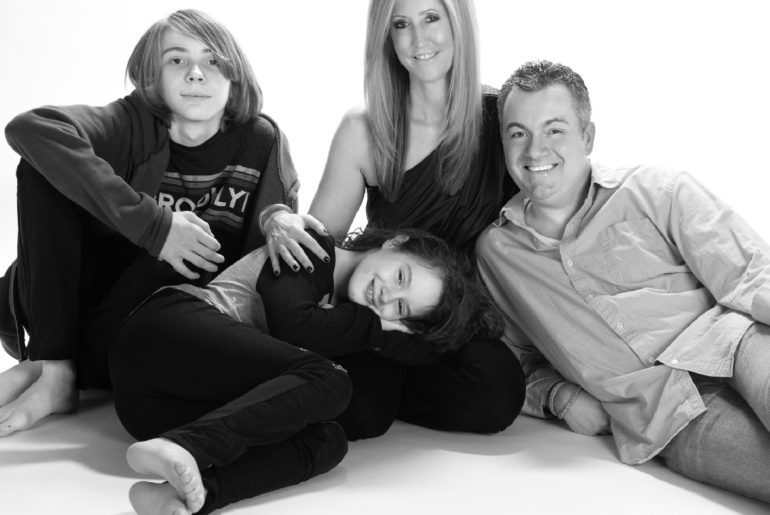
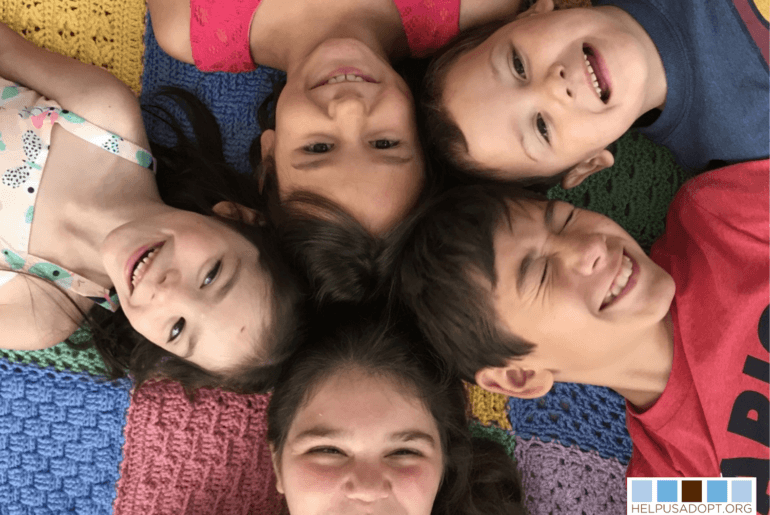
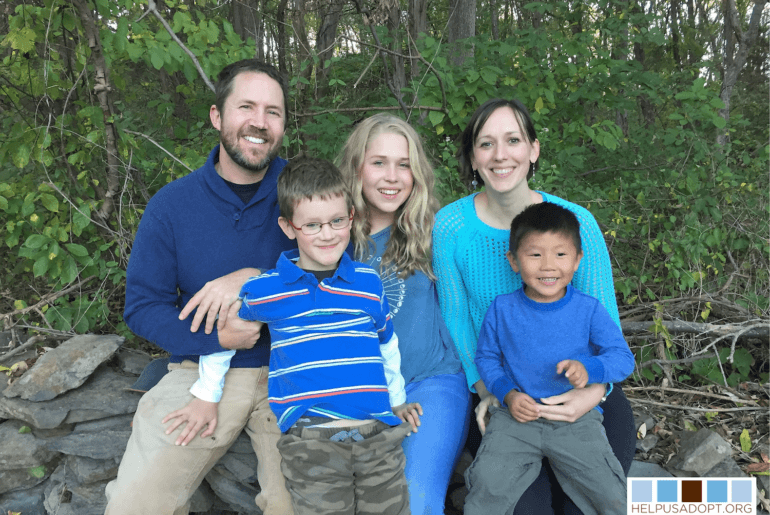
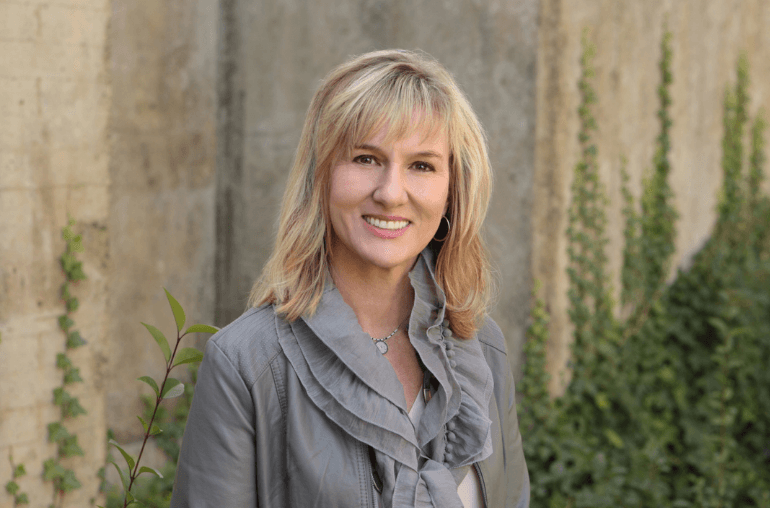
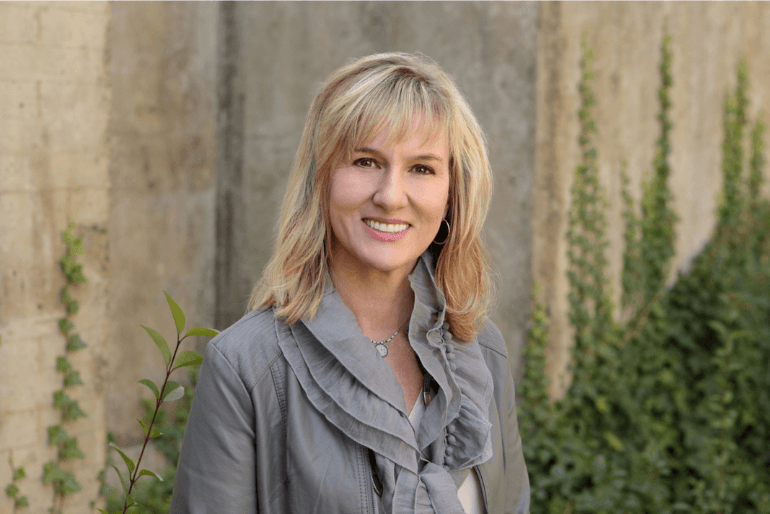
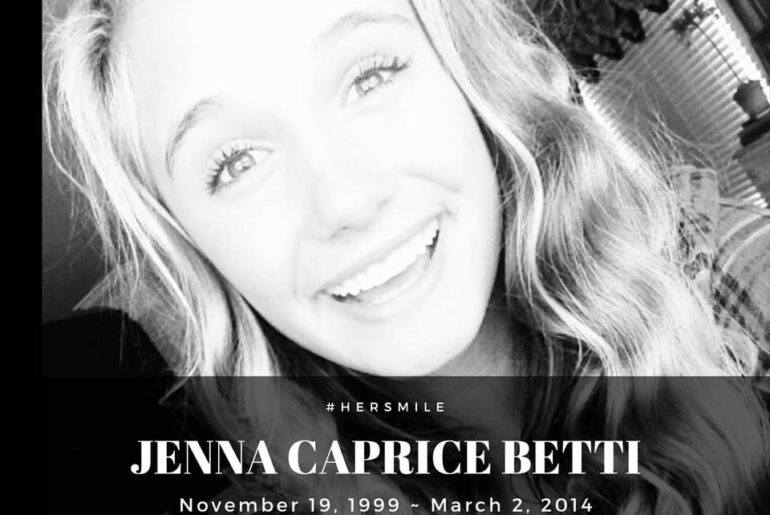
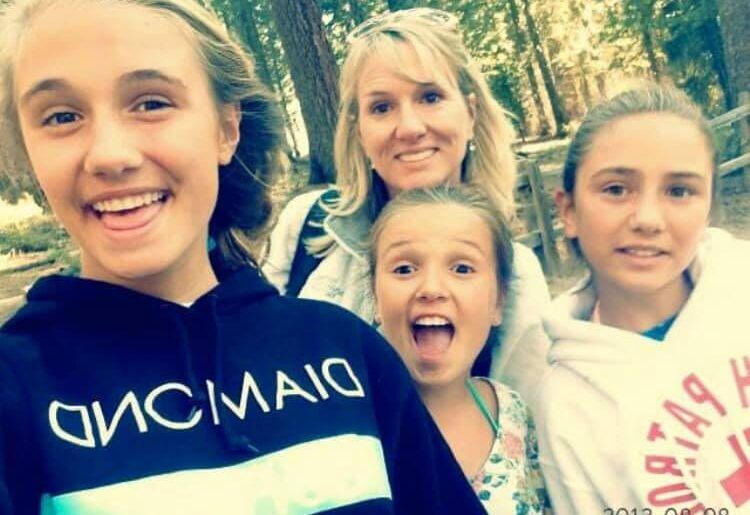
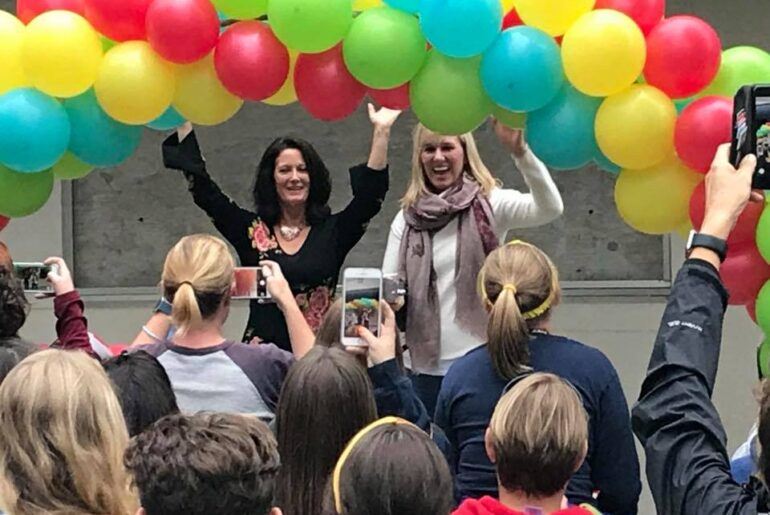
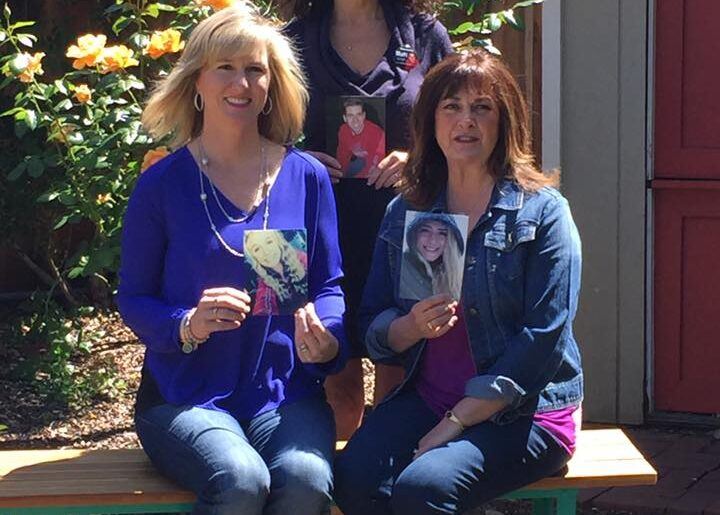
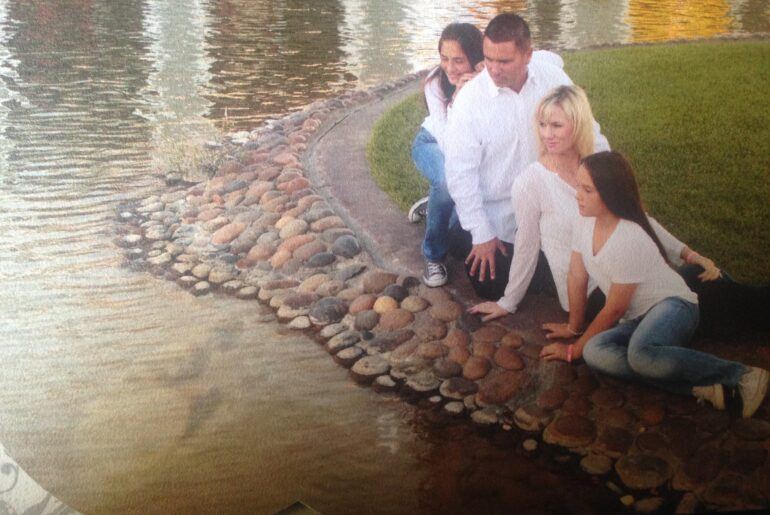
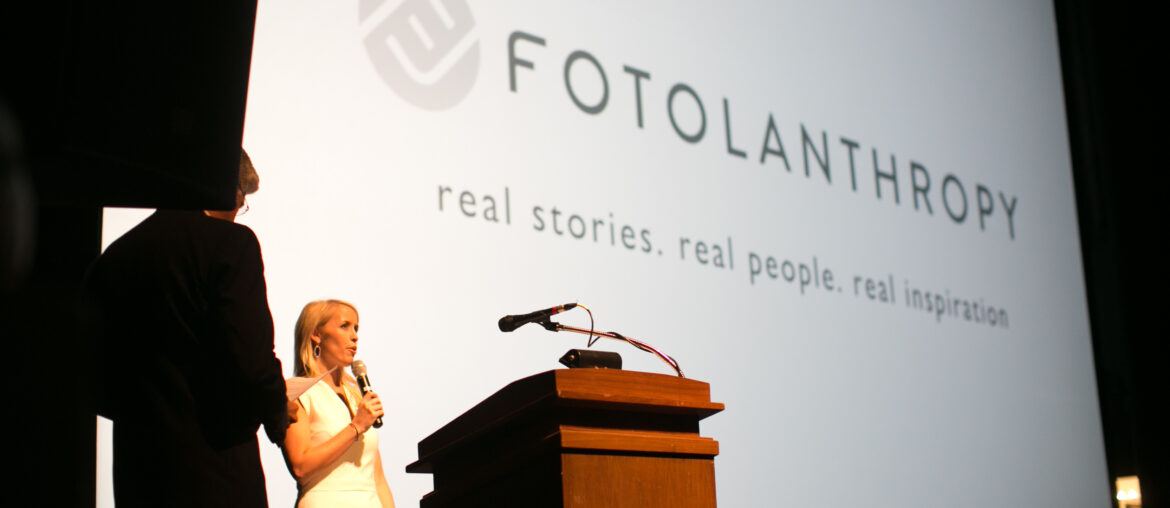
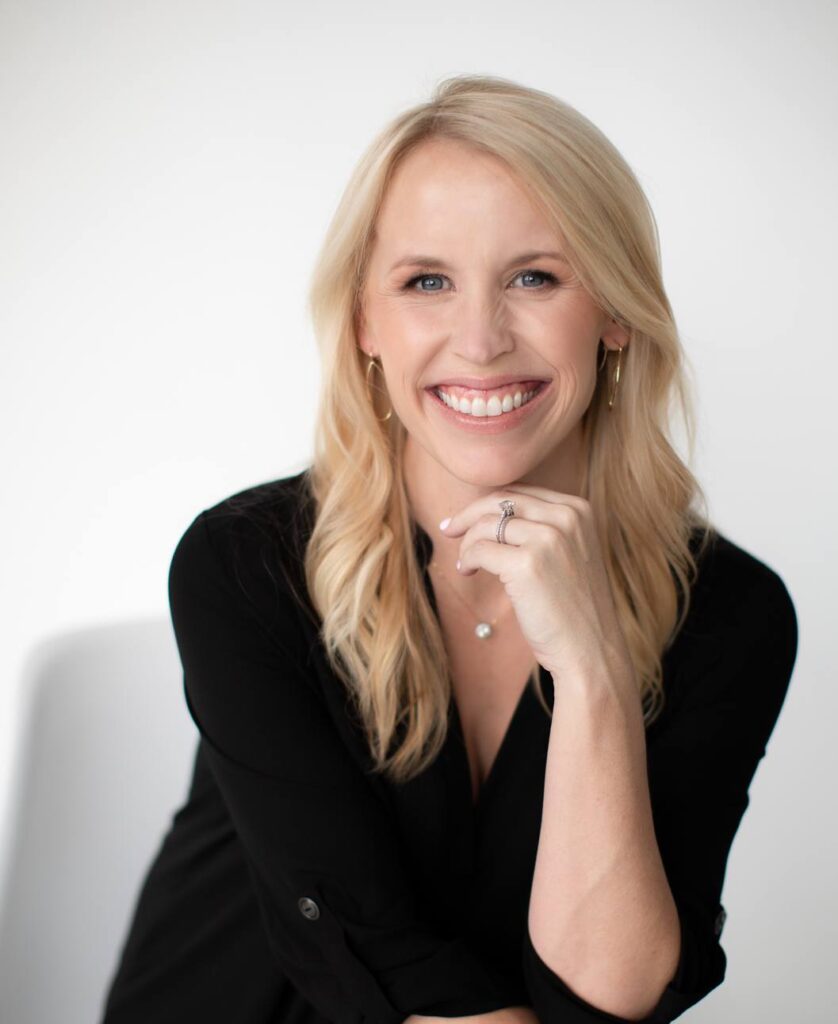
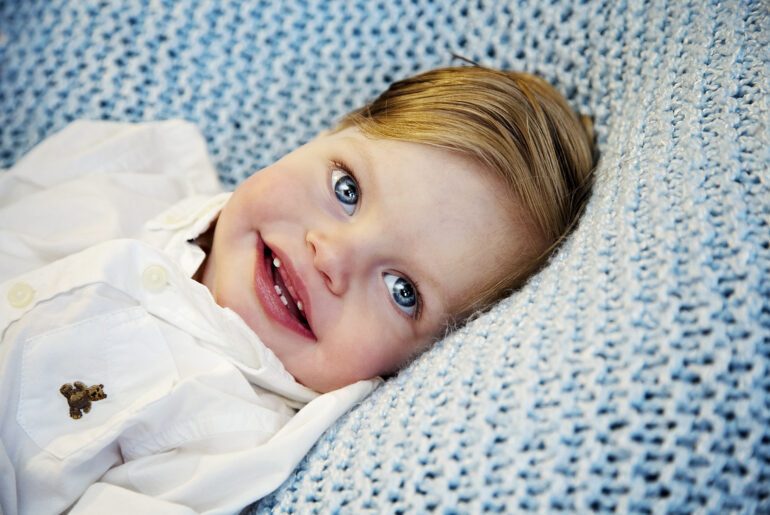
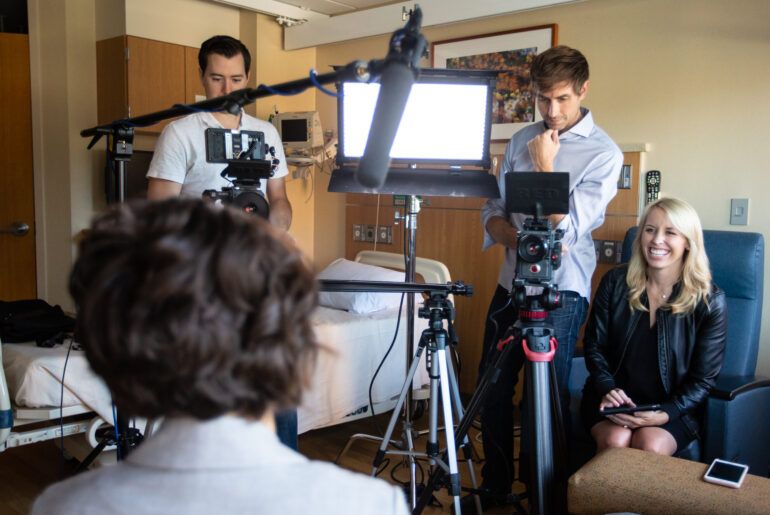
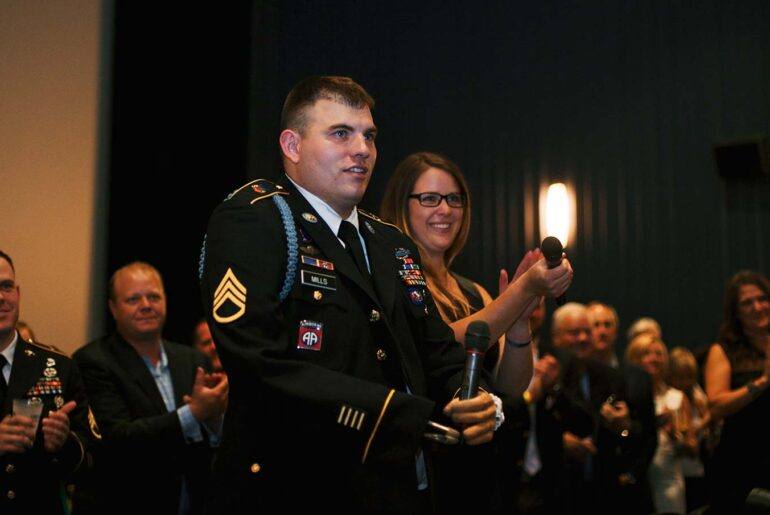
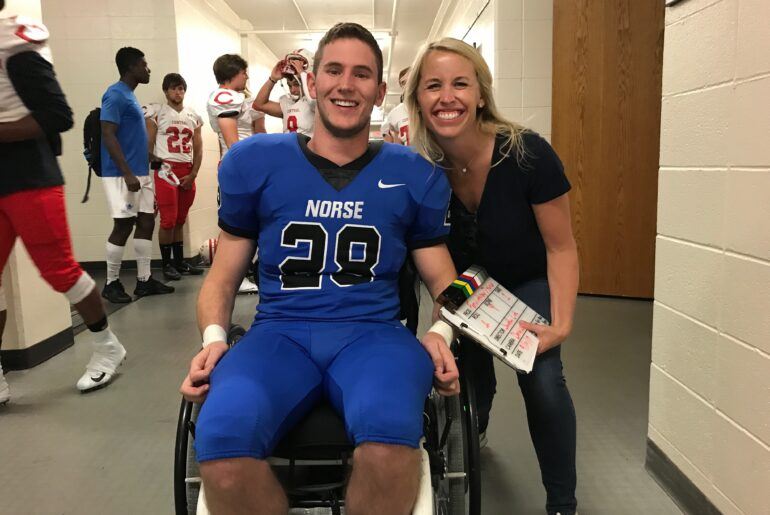
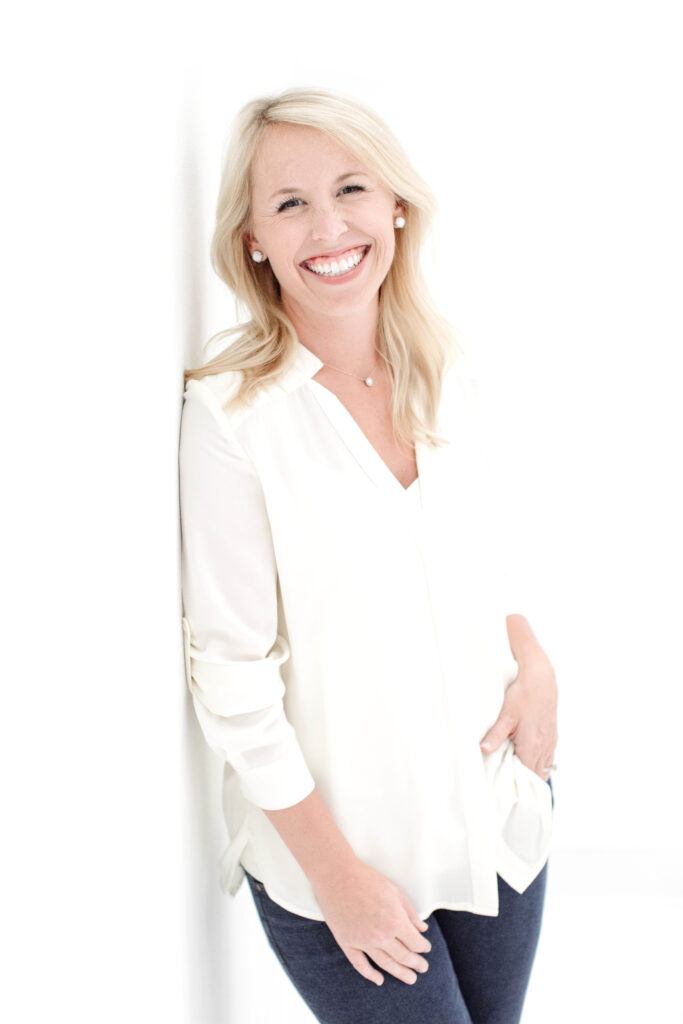
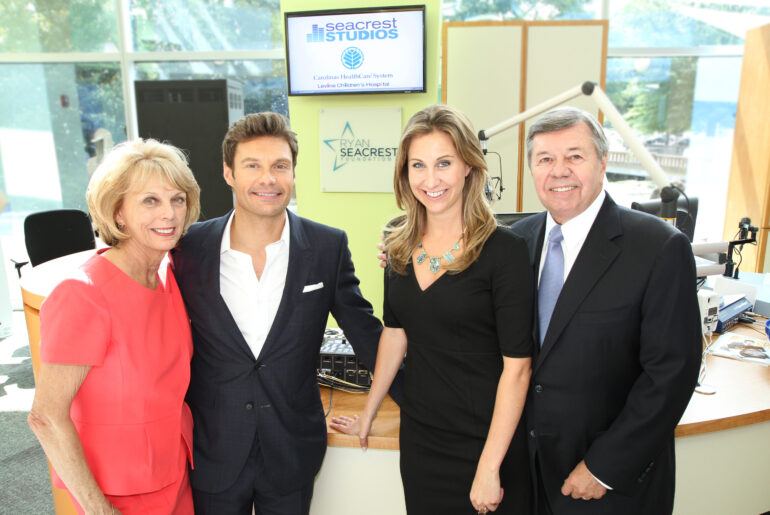
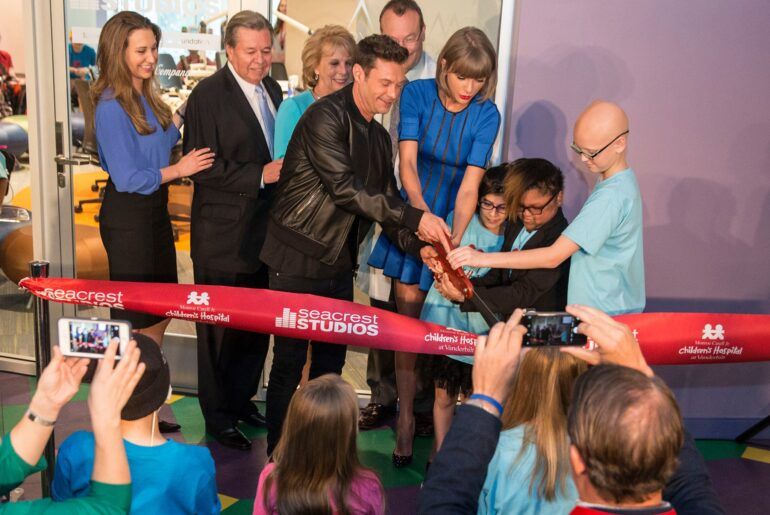
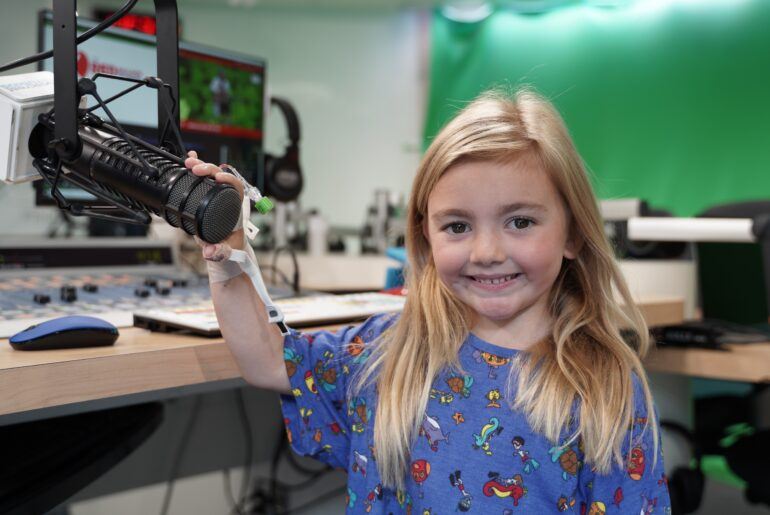
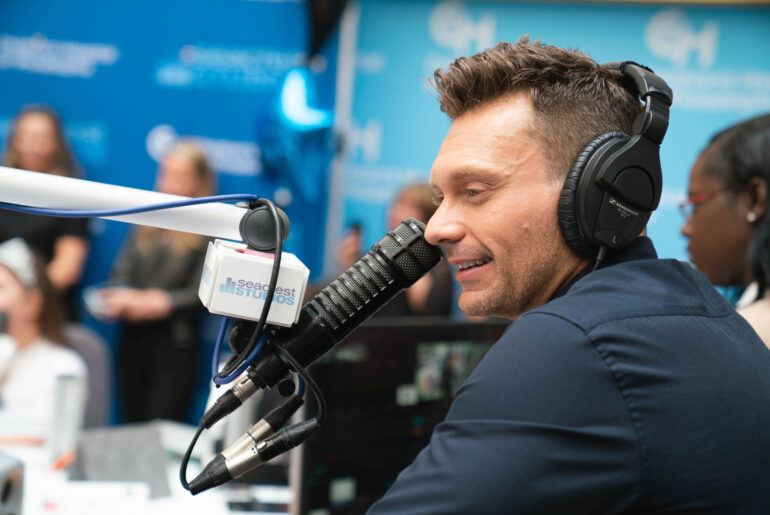
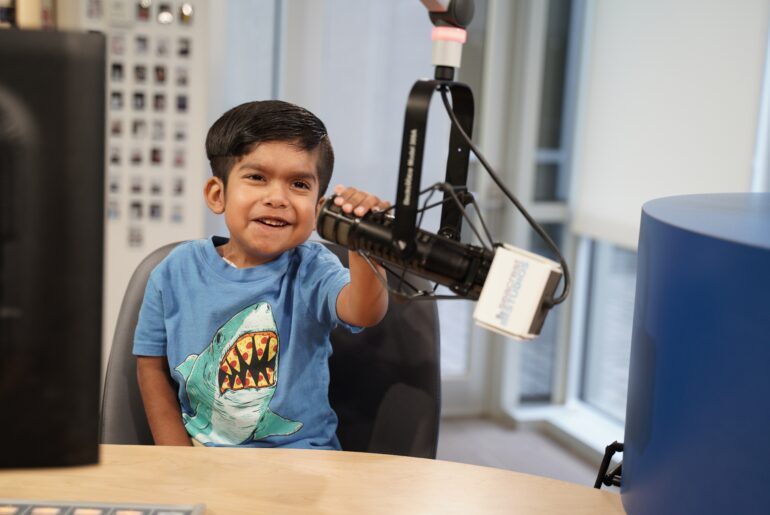
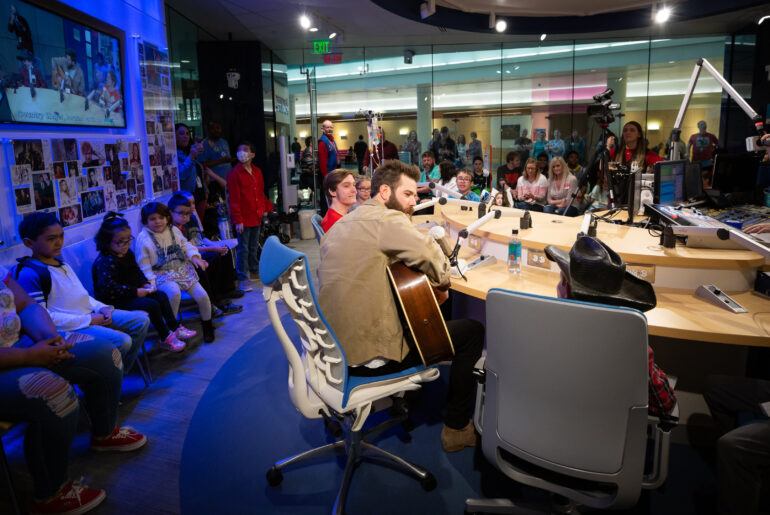
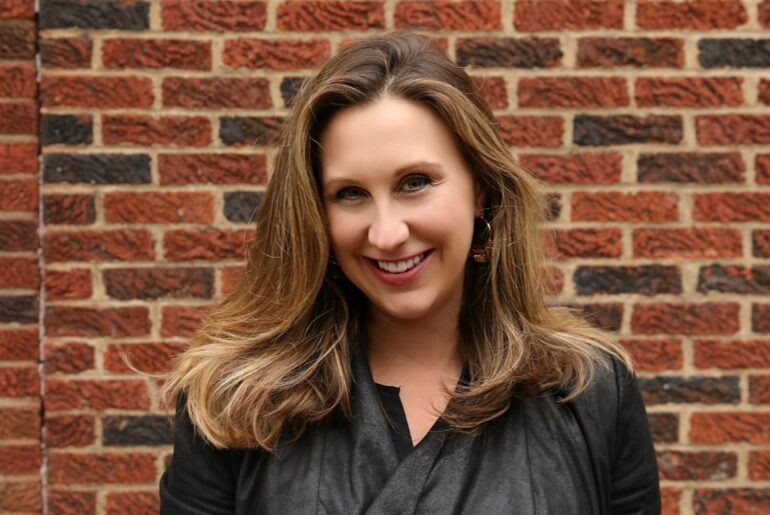
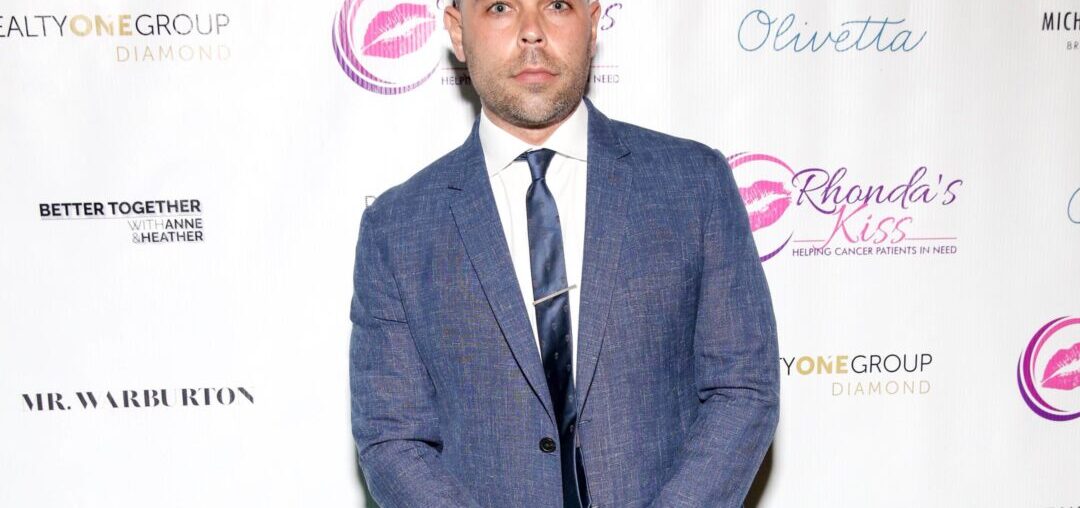
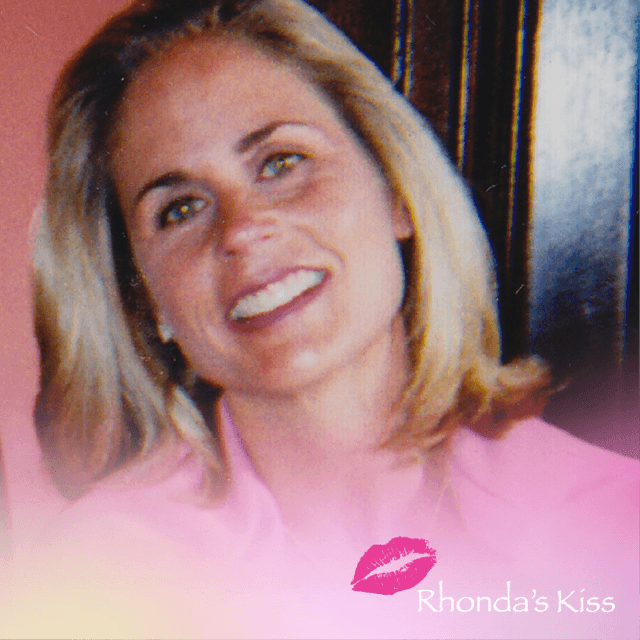
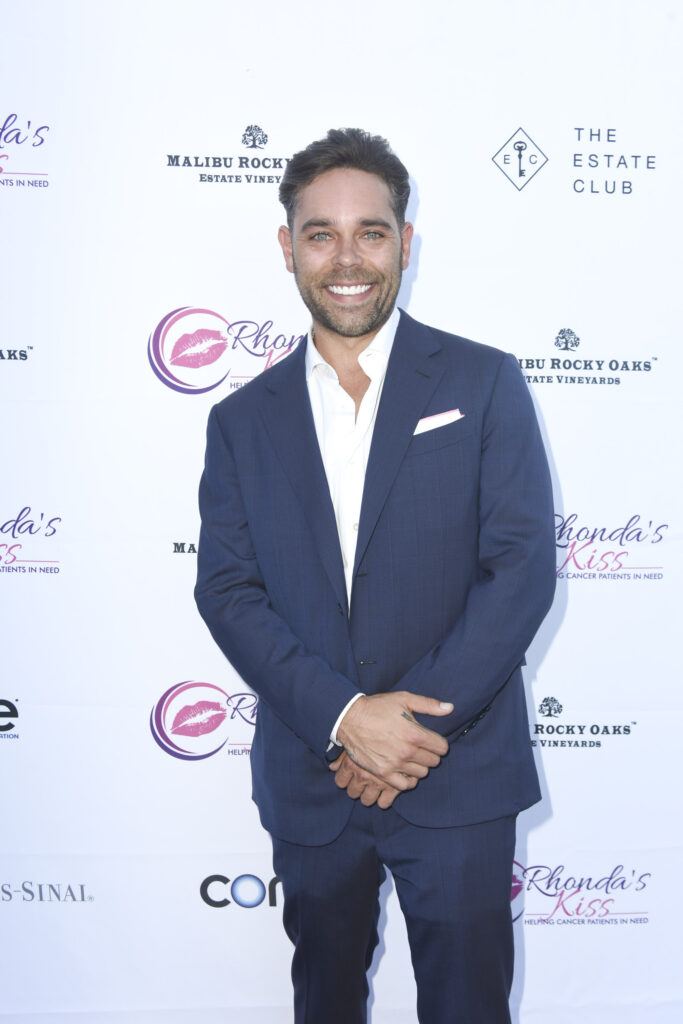
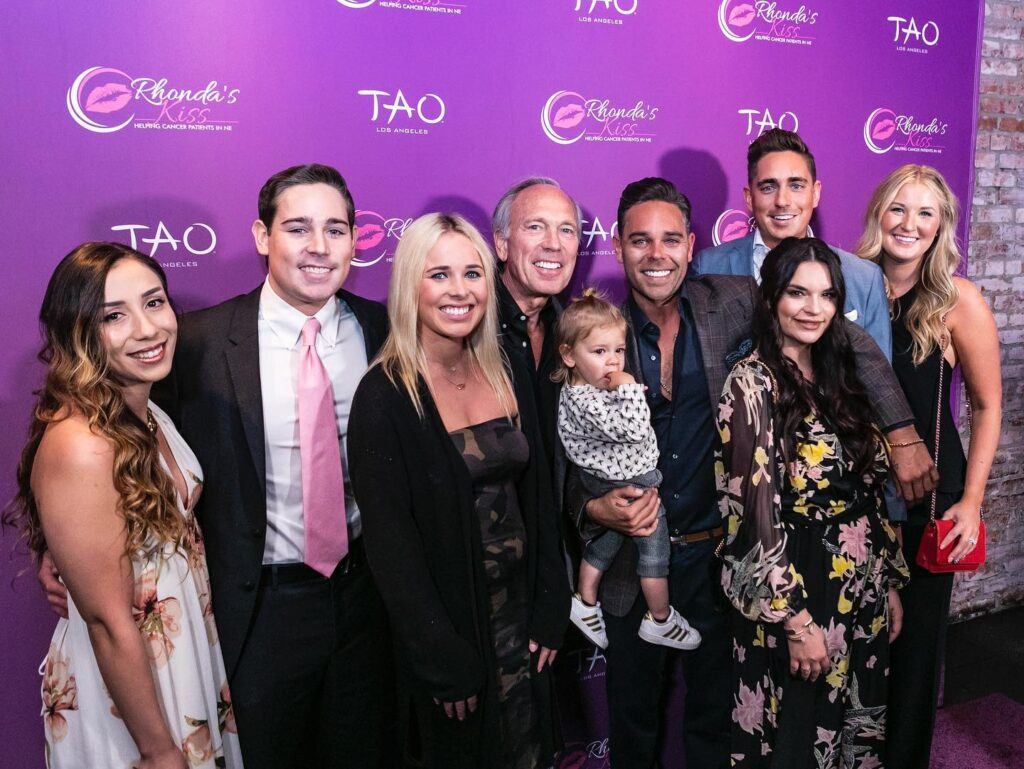
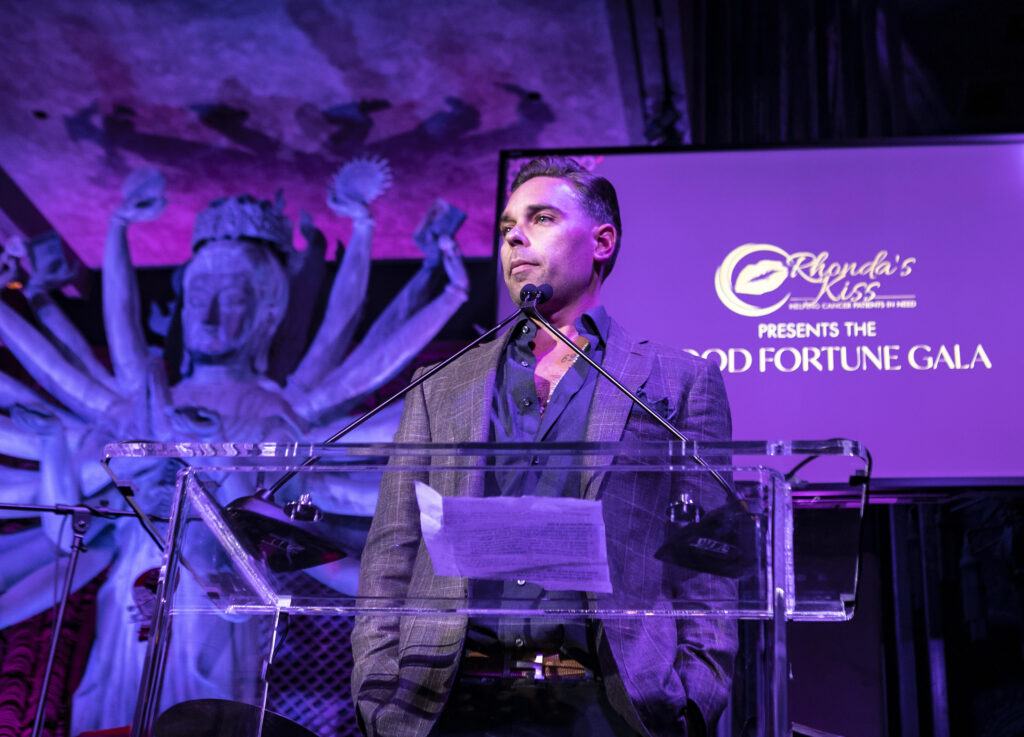
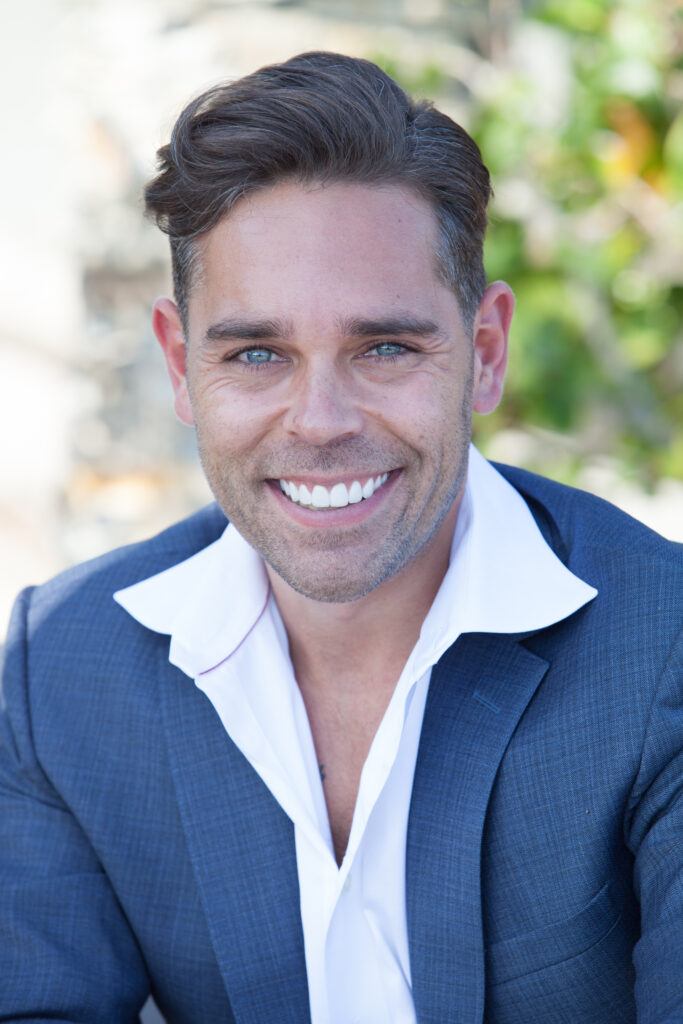
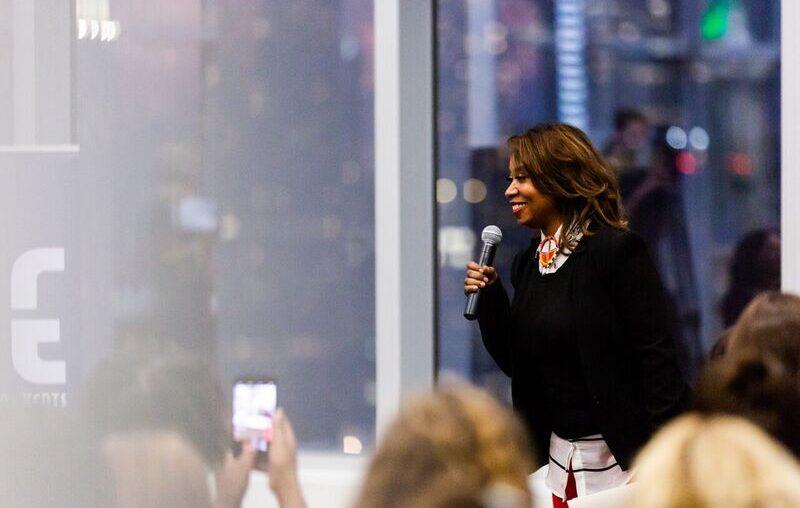
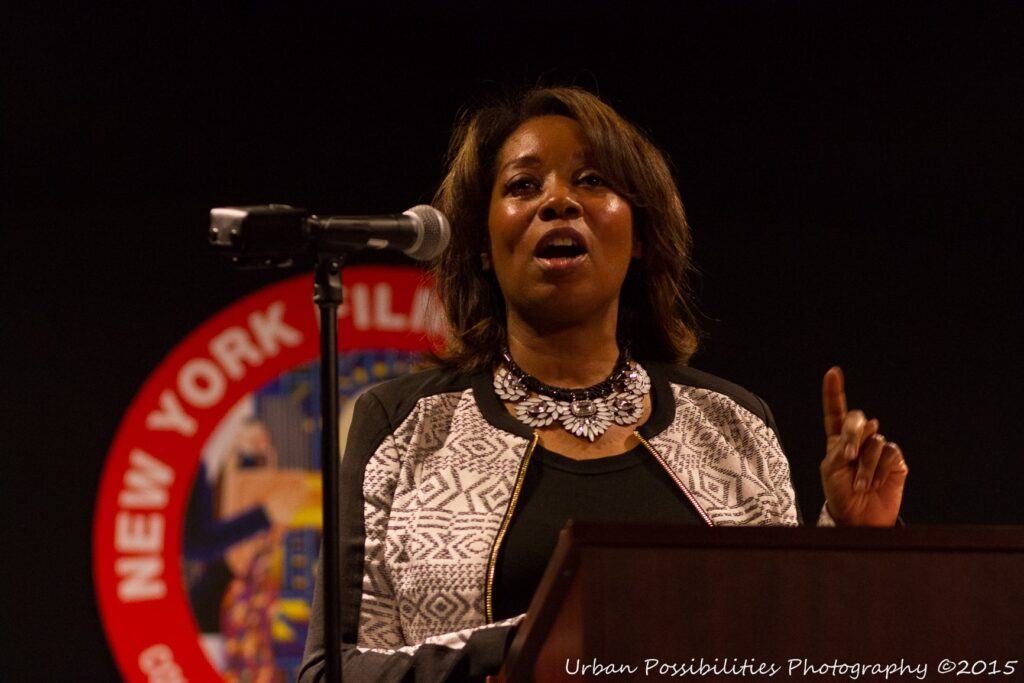
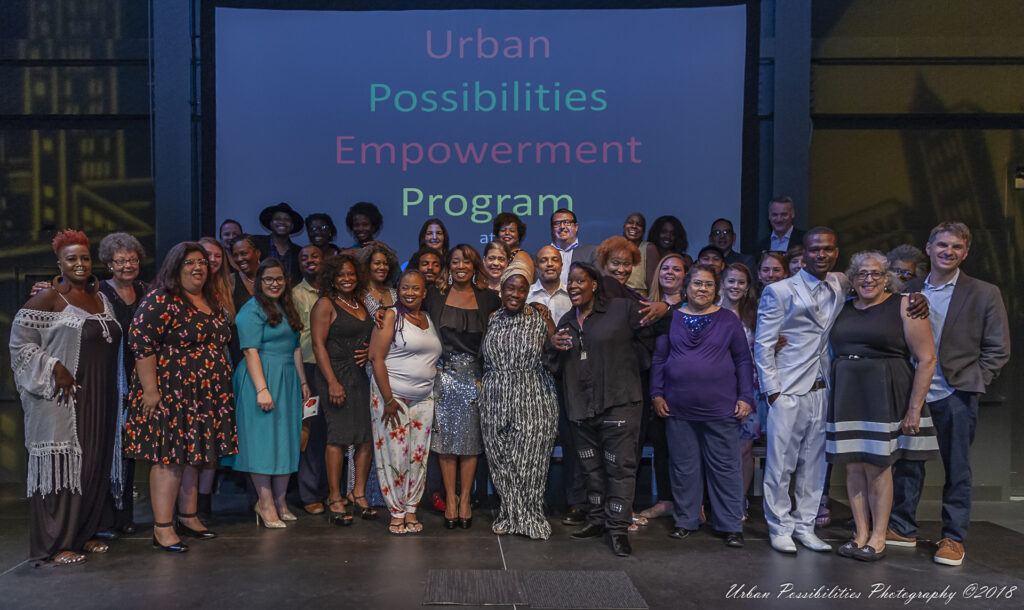
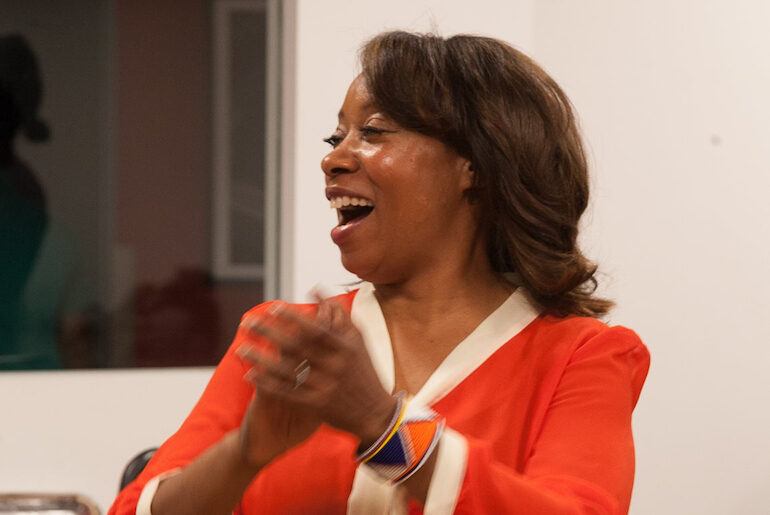
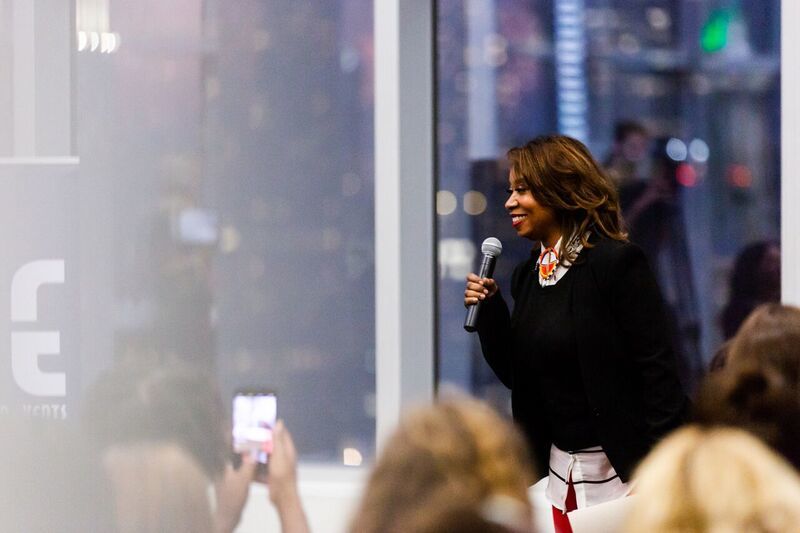
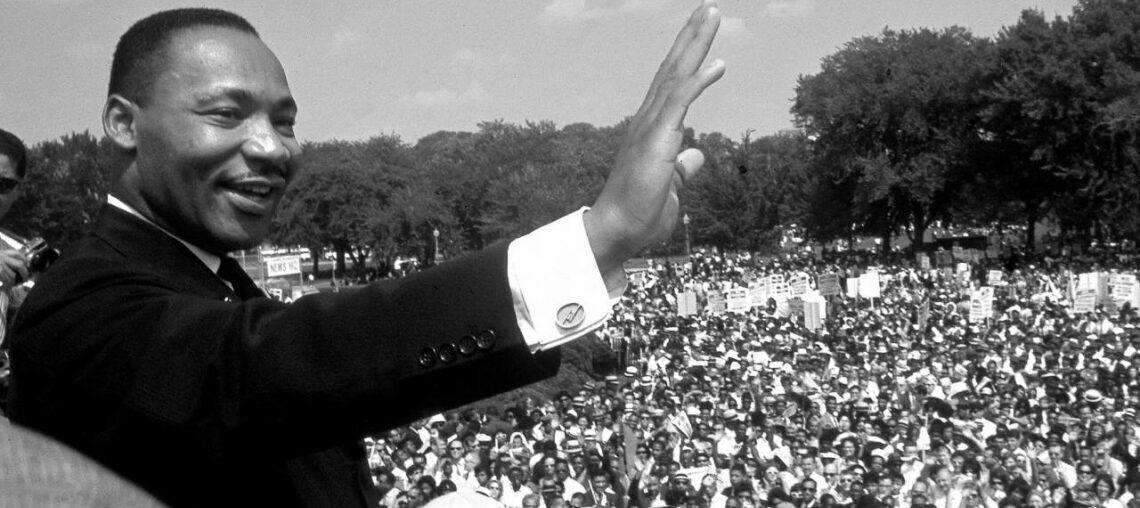
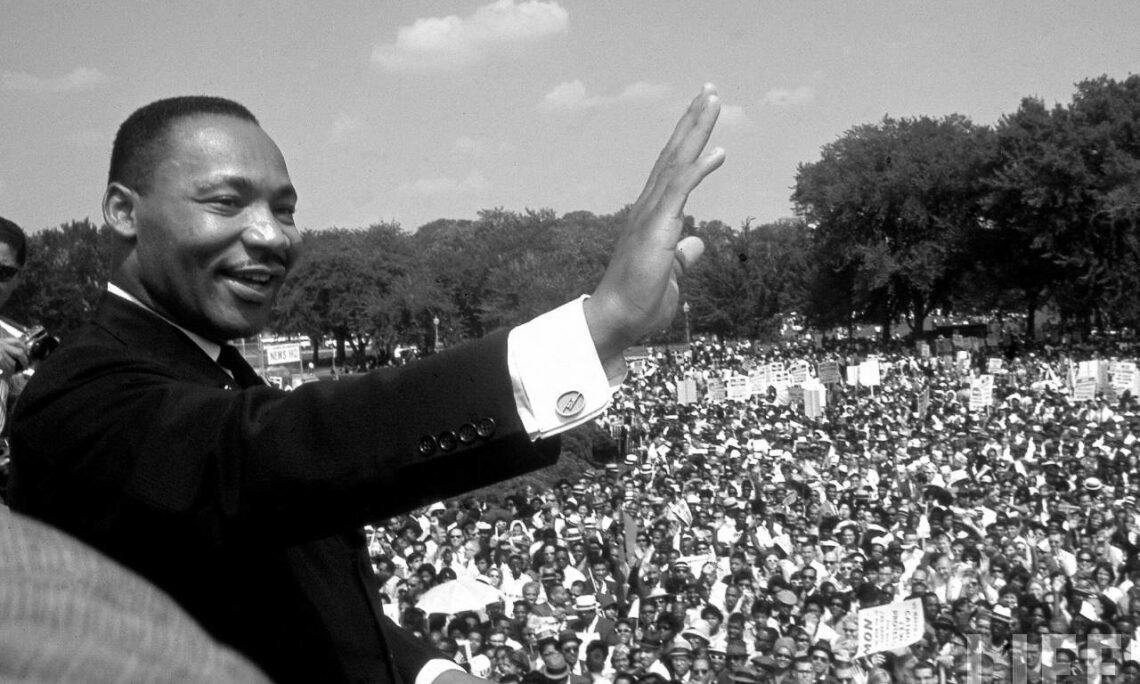
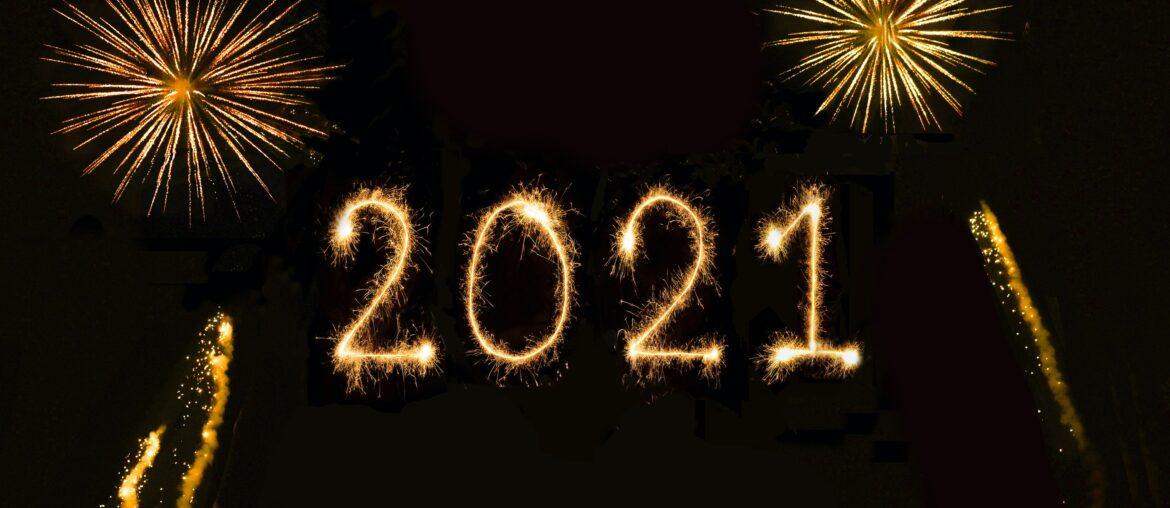
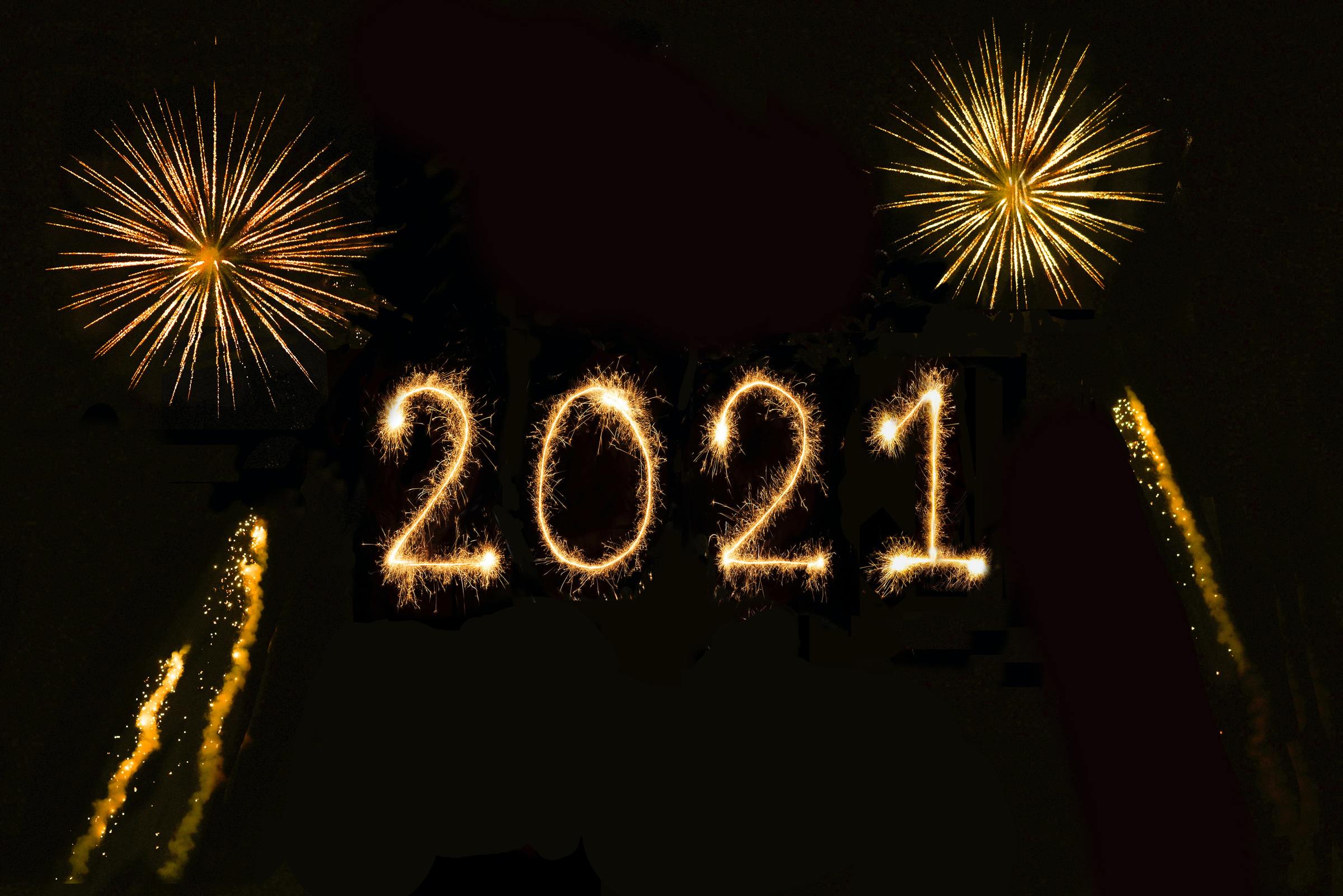


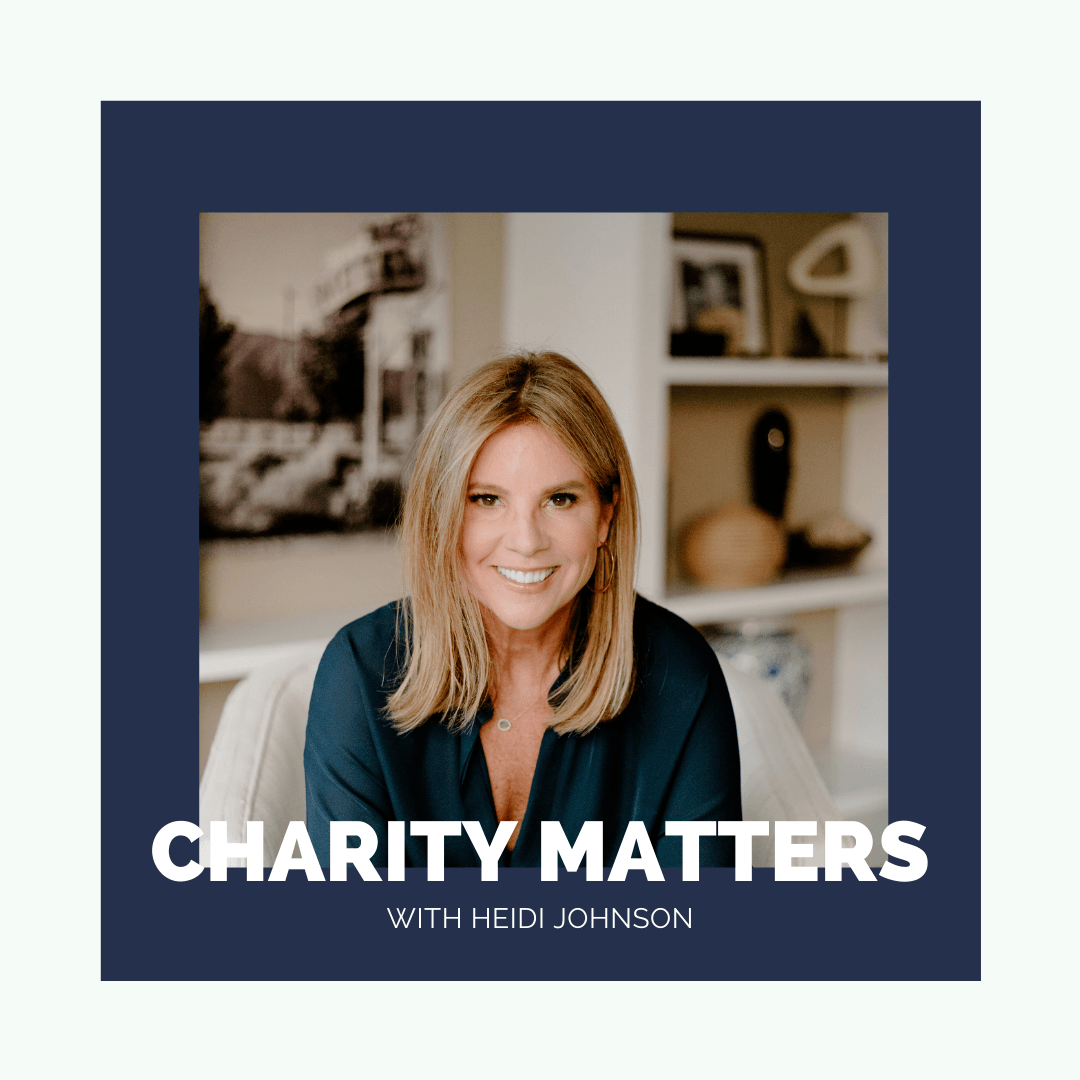
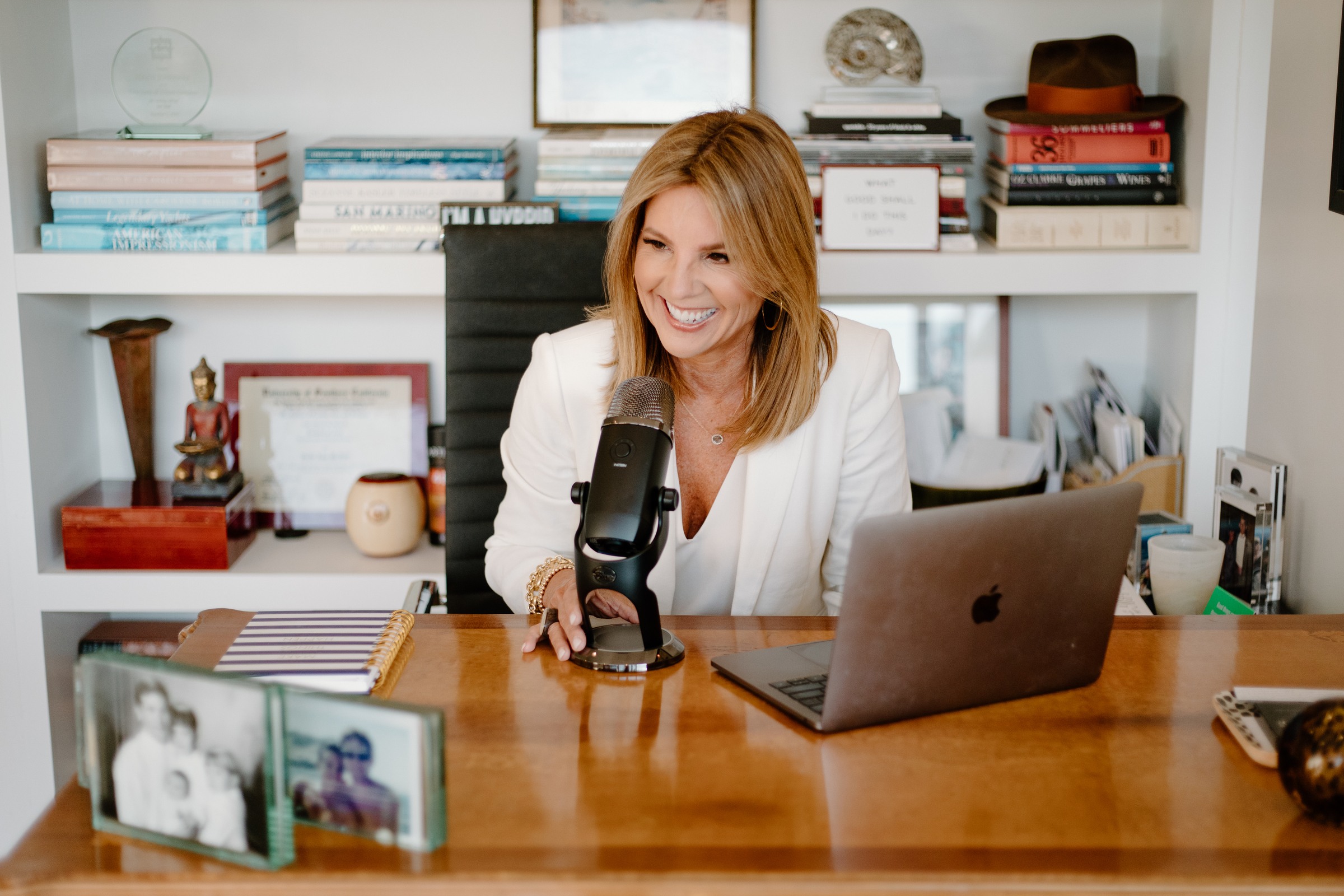

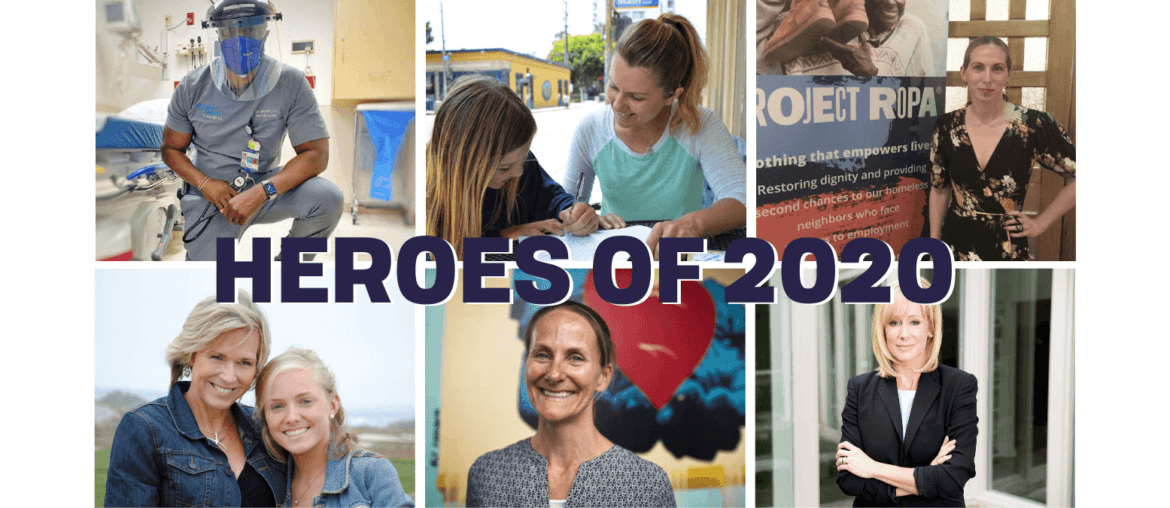












 While I didn’t interview any specific health care workers but rather organizations that support them, it is worth mentioning that our front line workers were THE true superheroes of 2020.
While I didn’t interview any specific health care workers but rather organizations that support them, it is worth mentioning that our front line workers were THE true superheroes of 2020.
